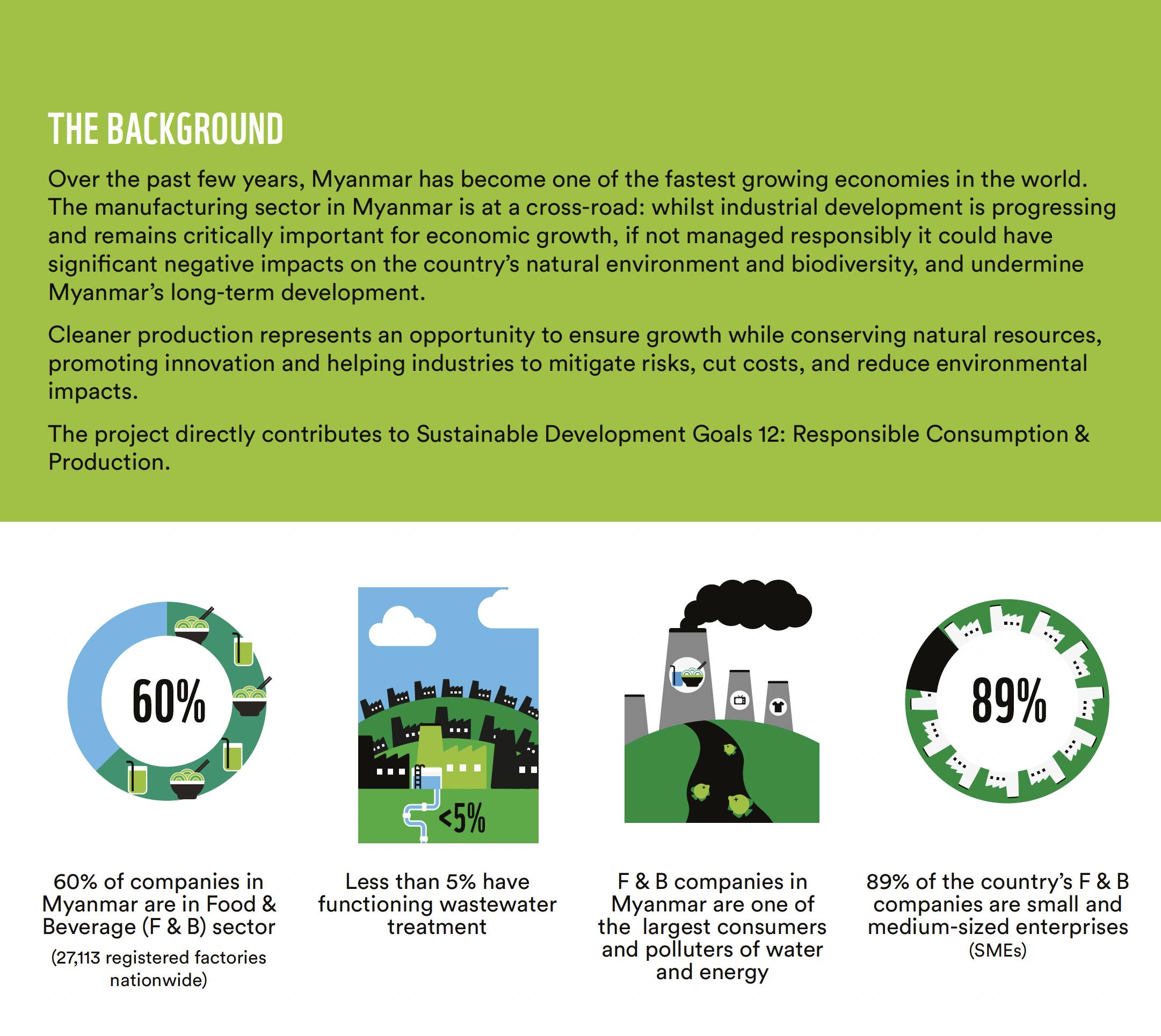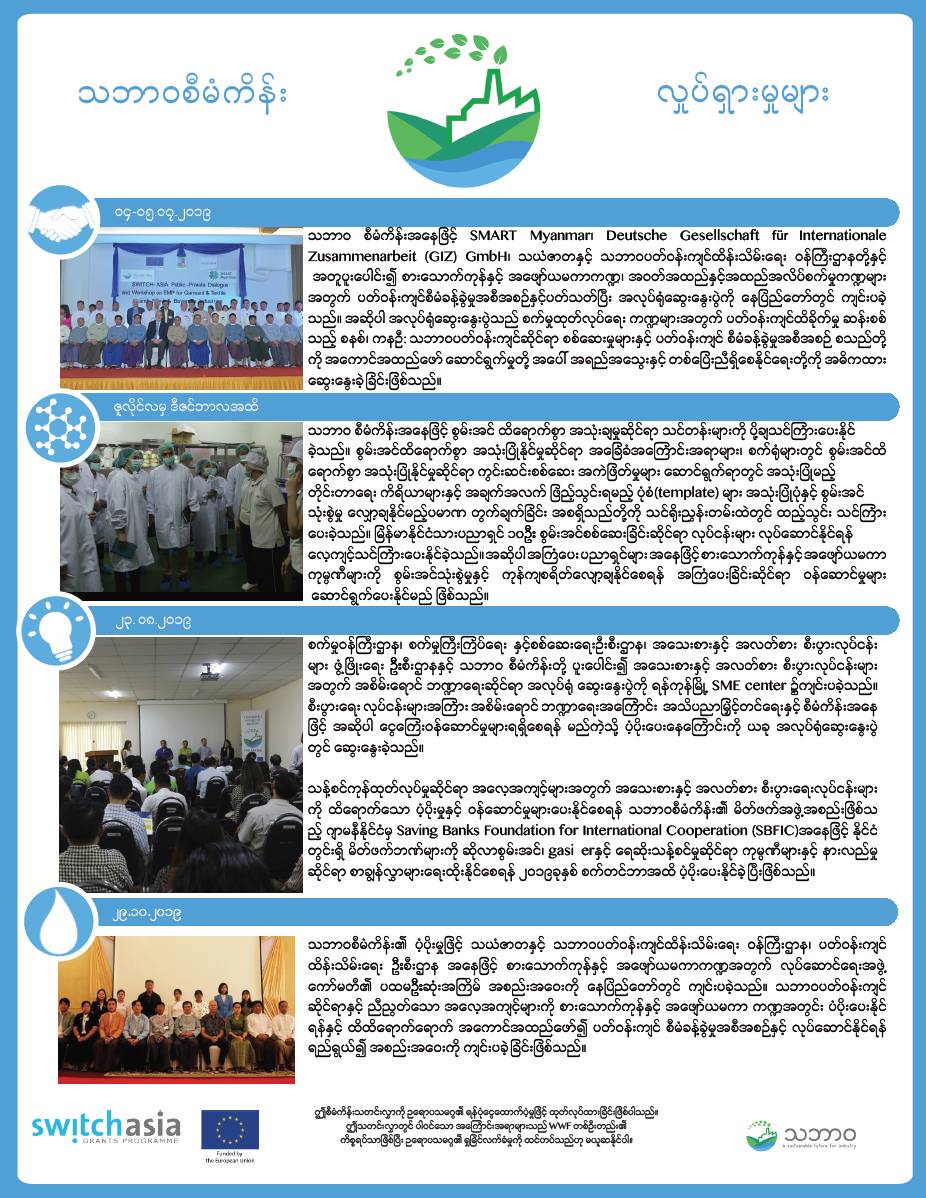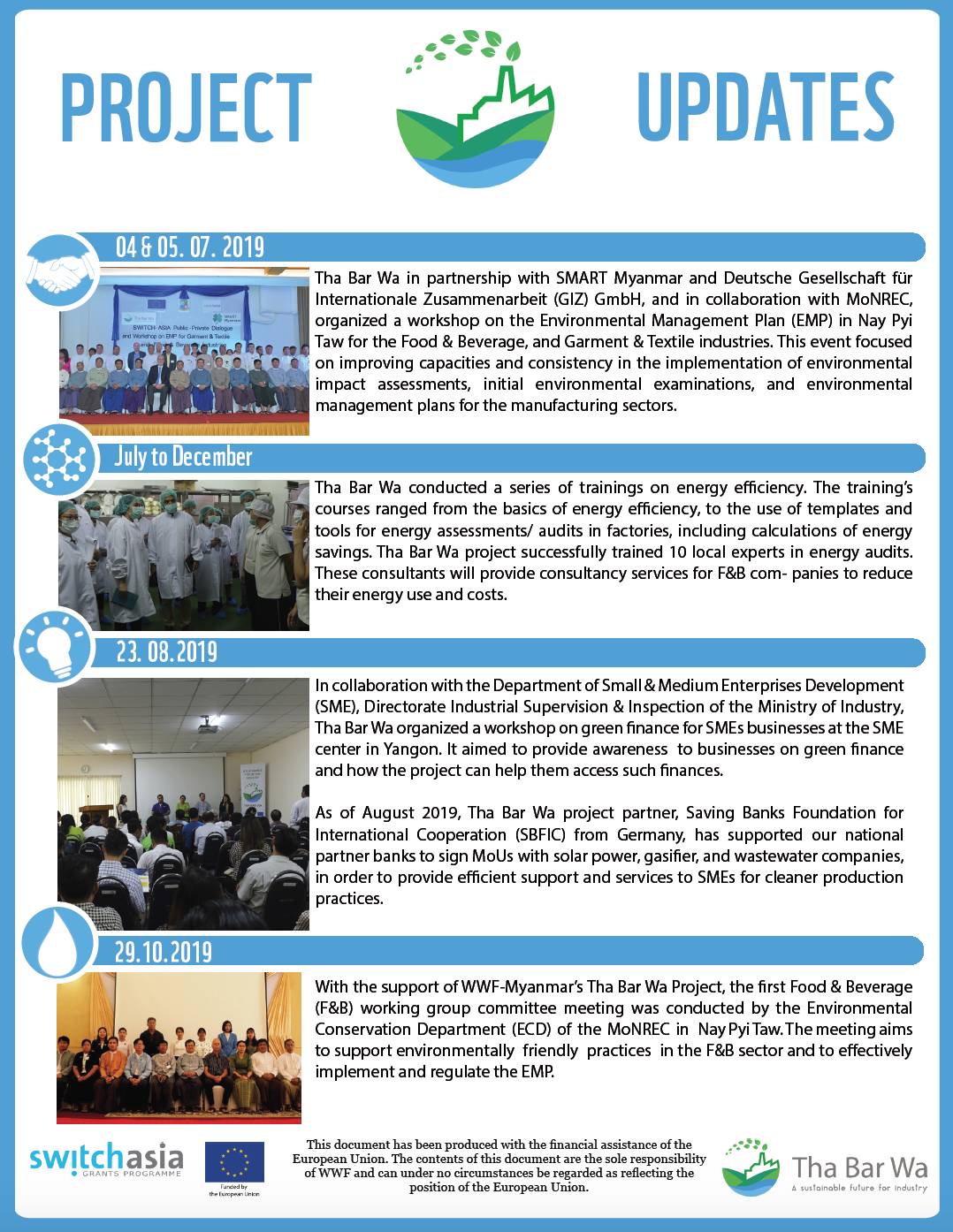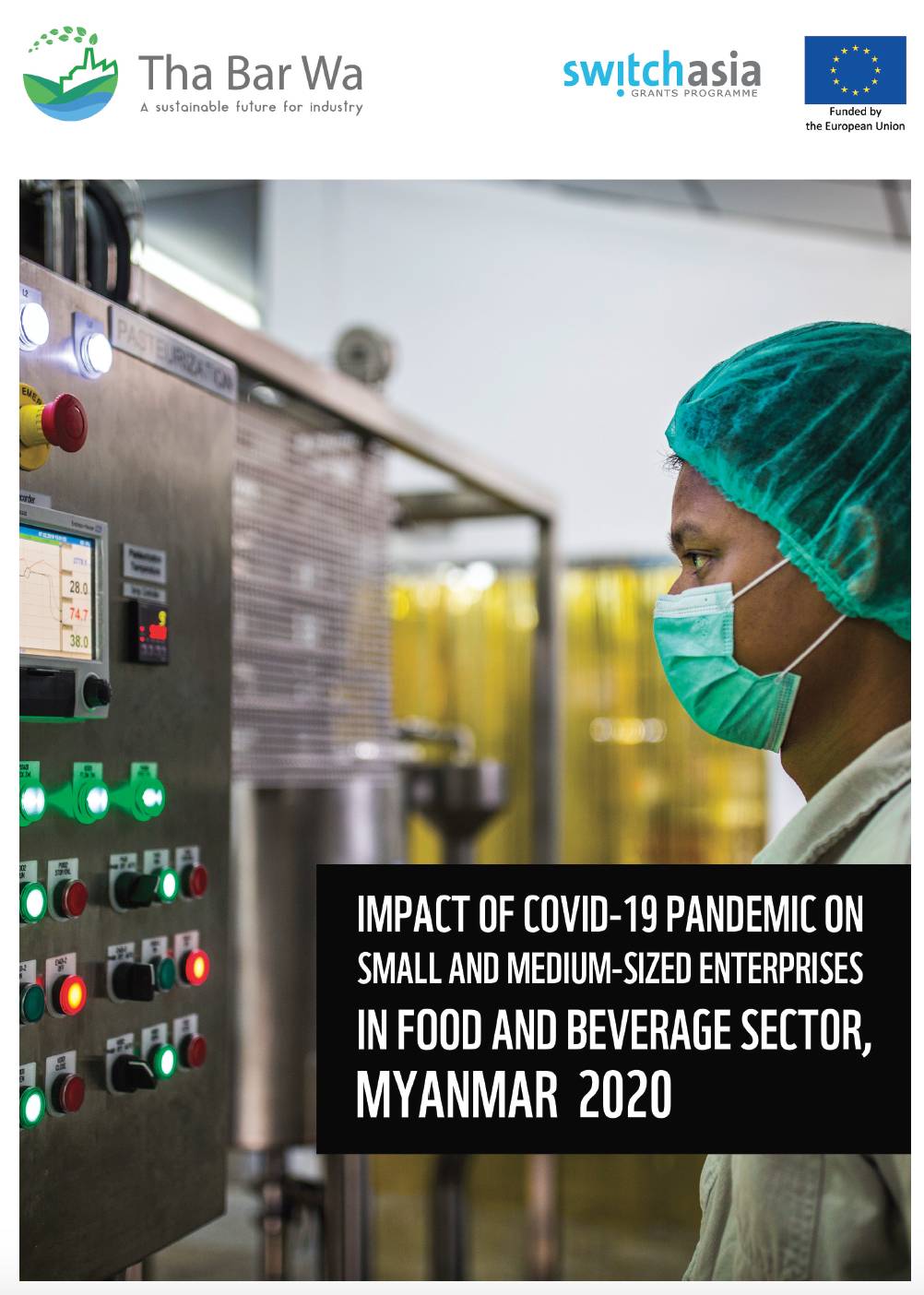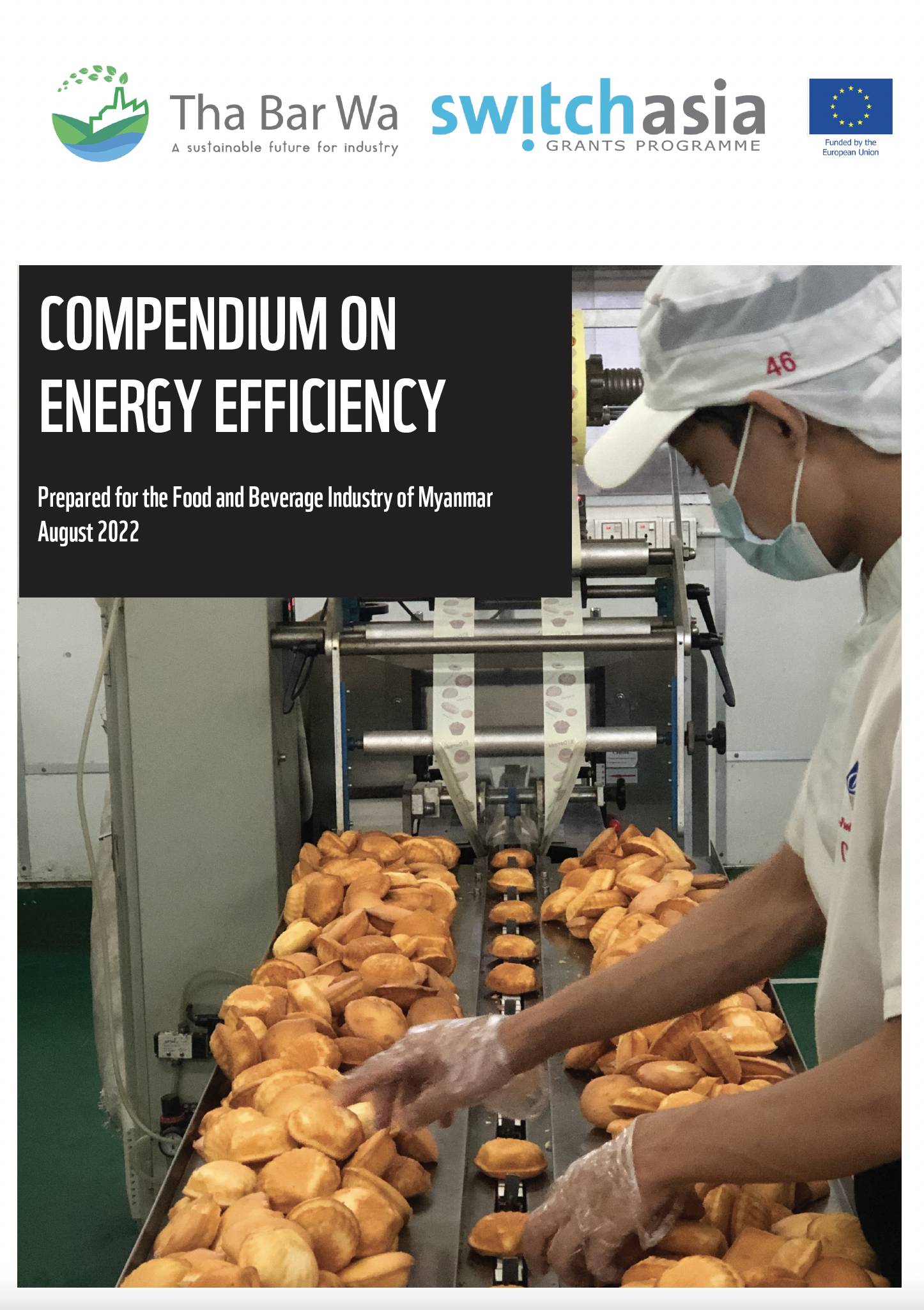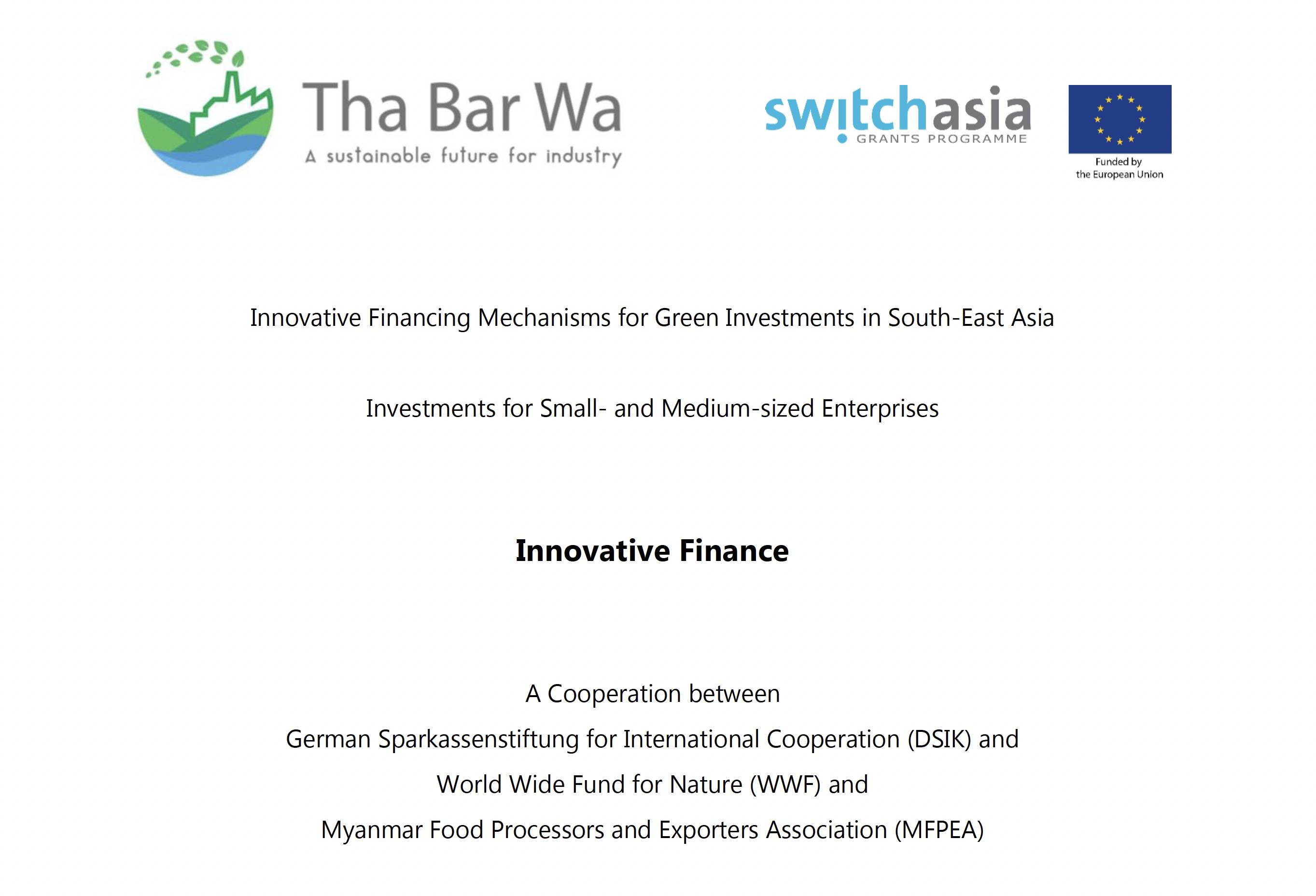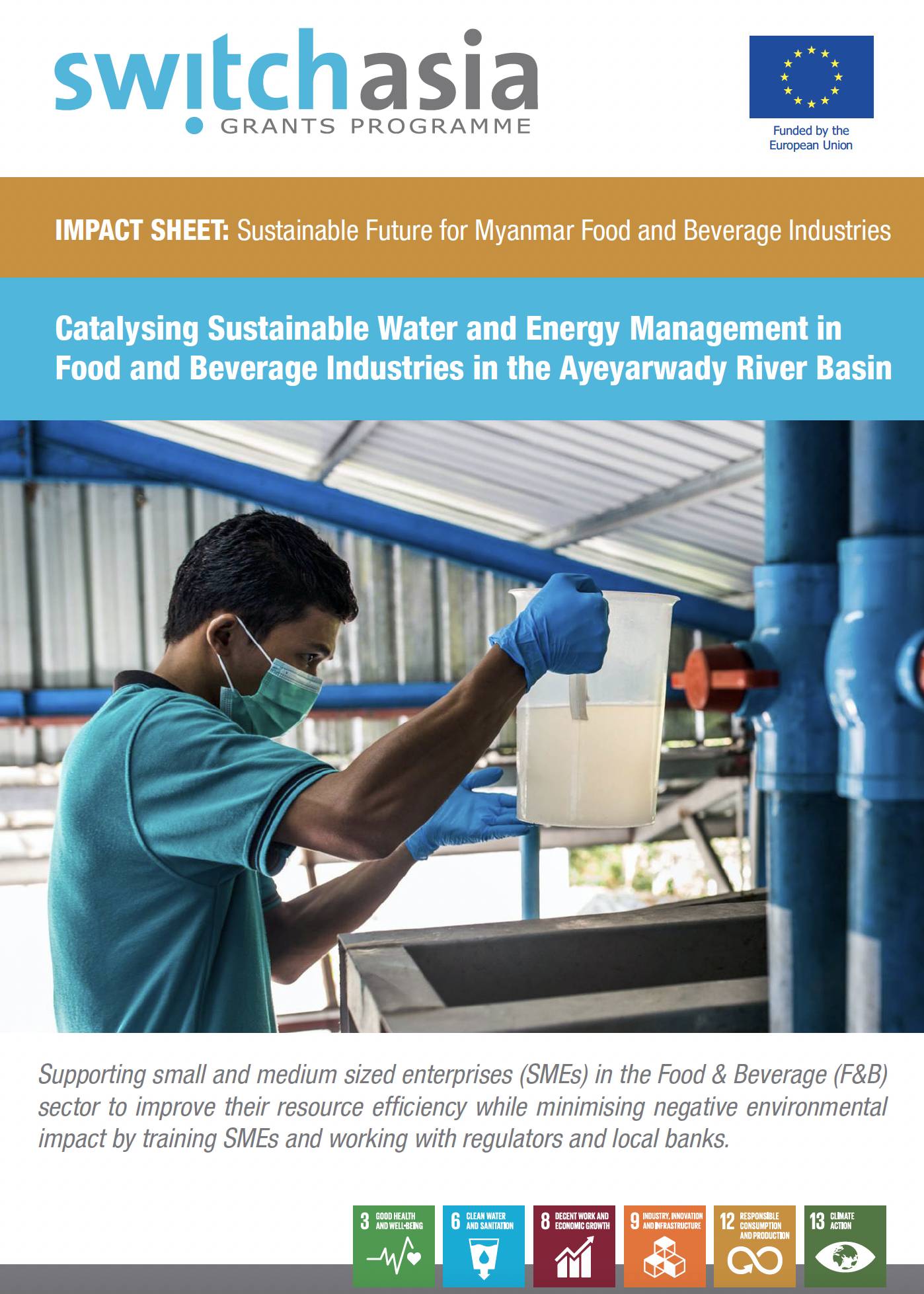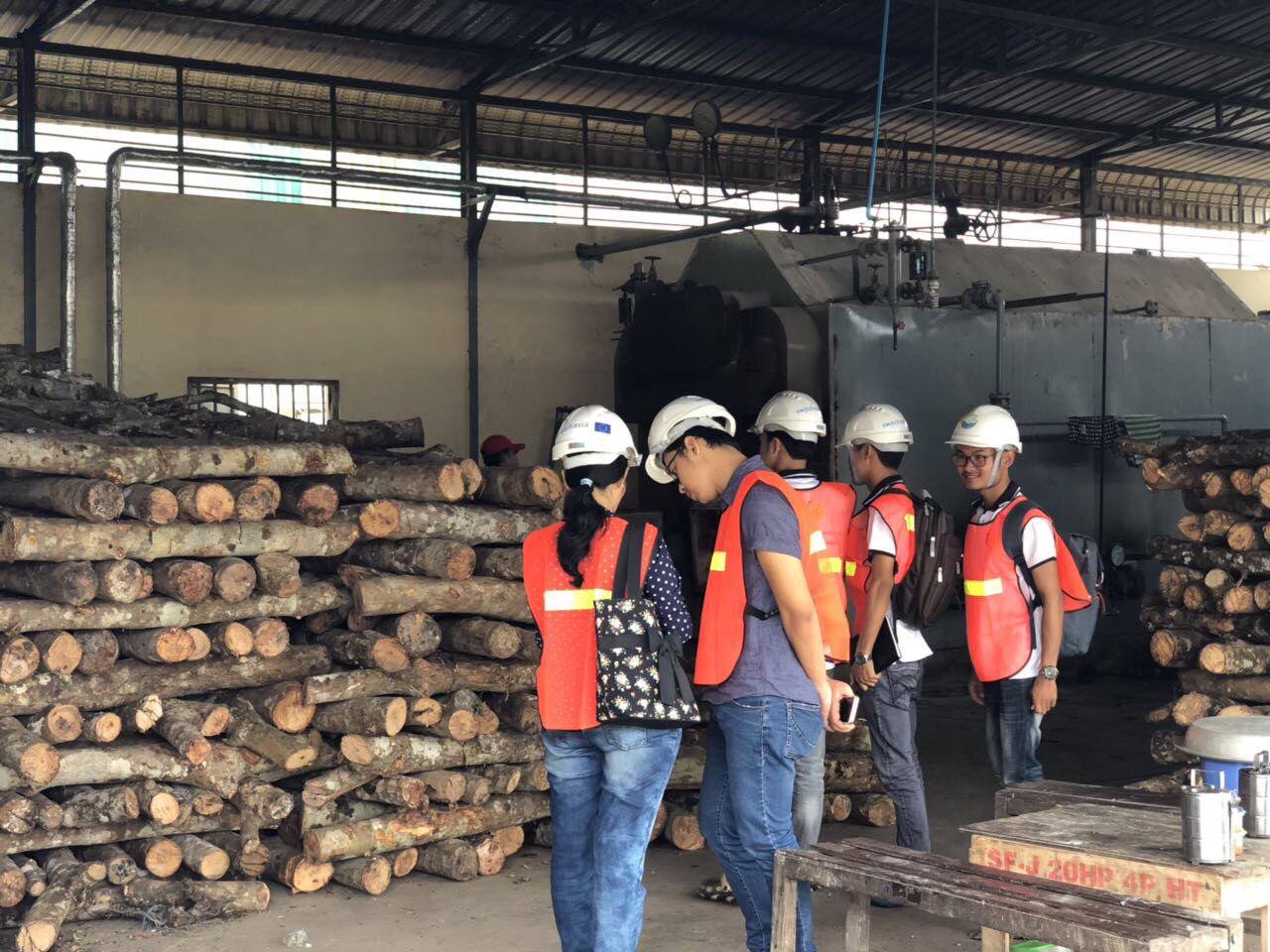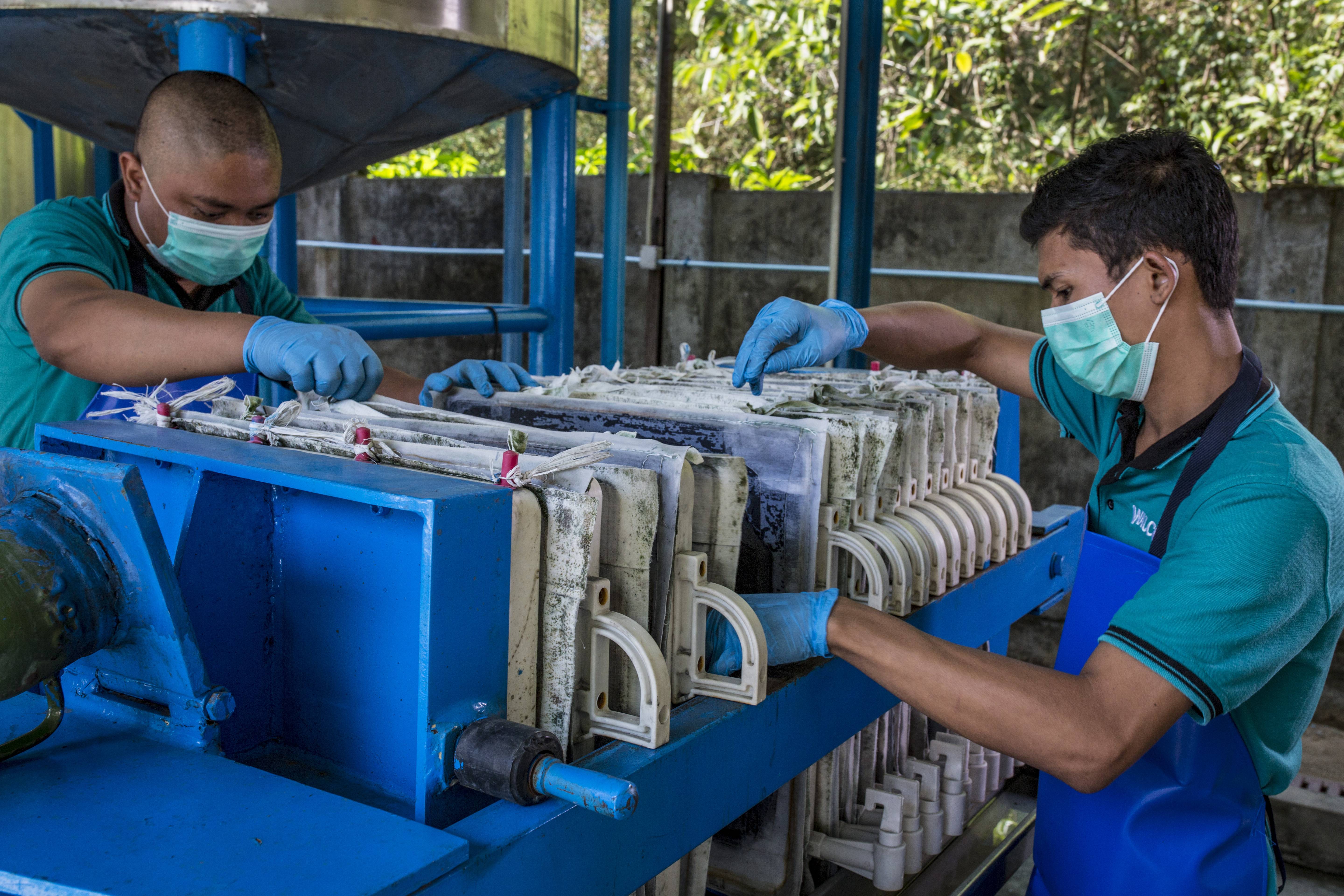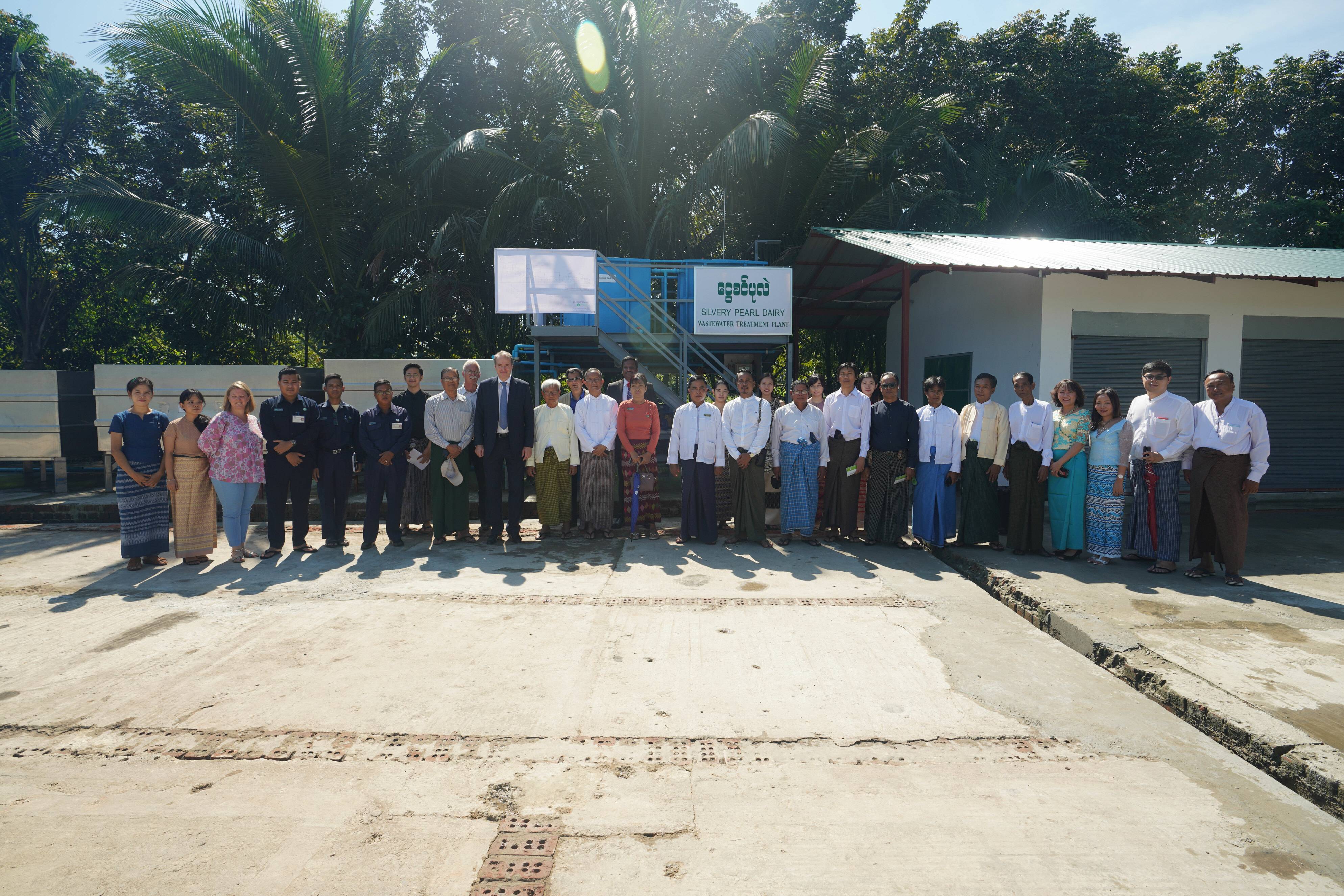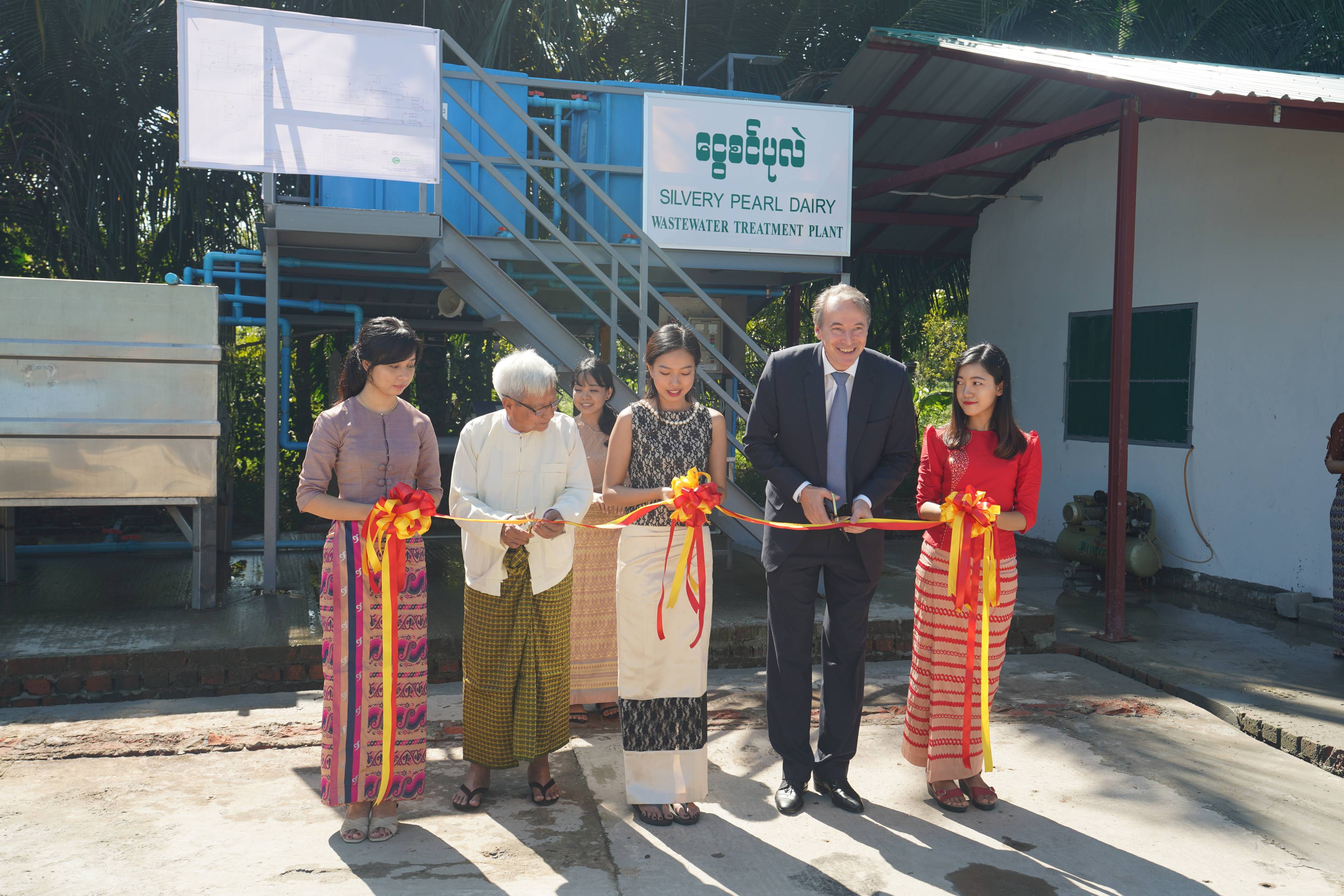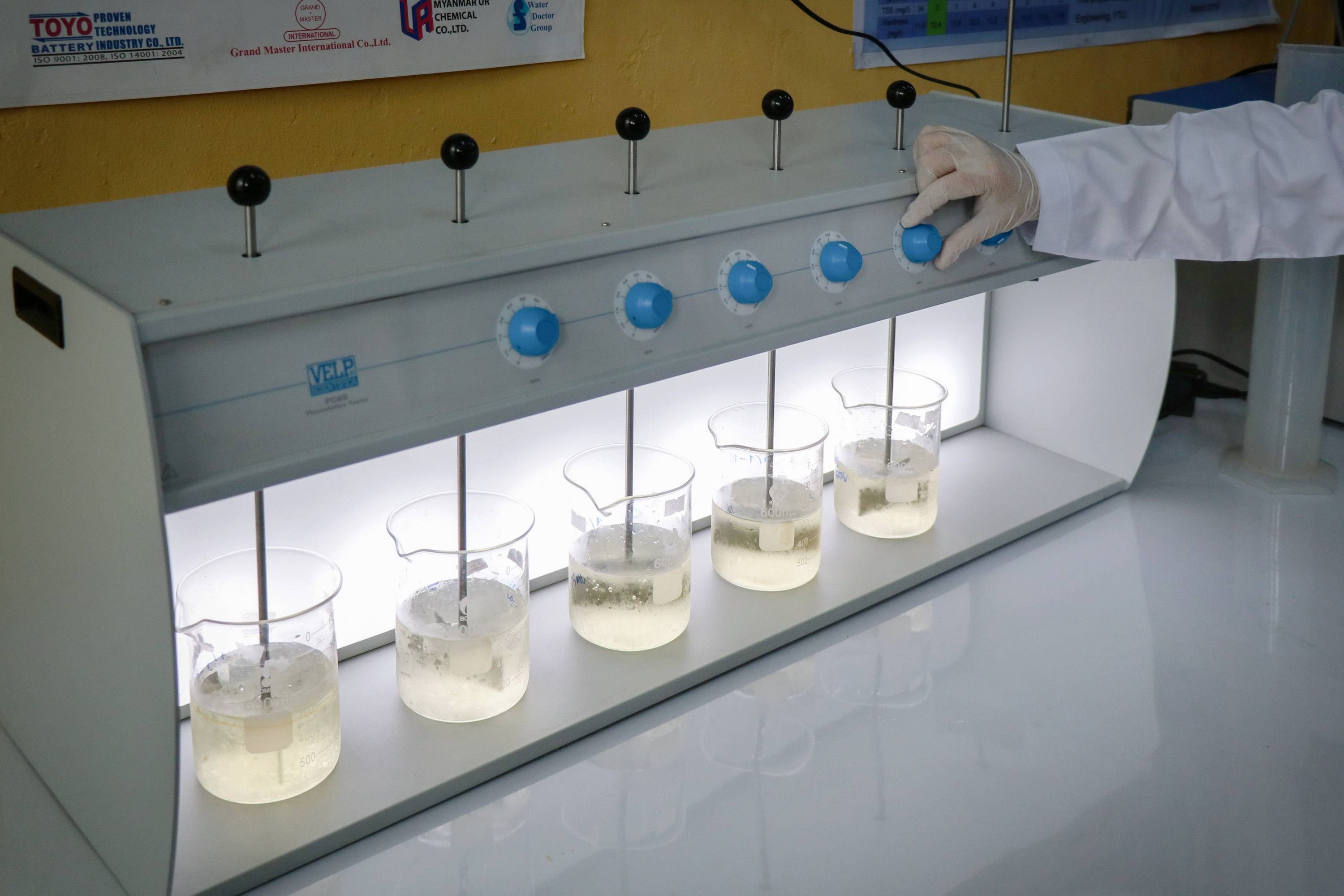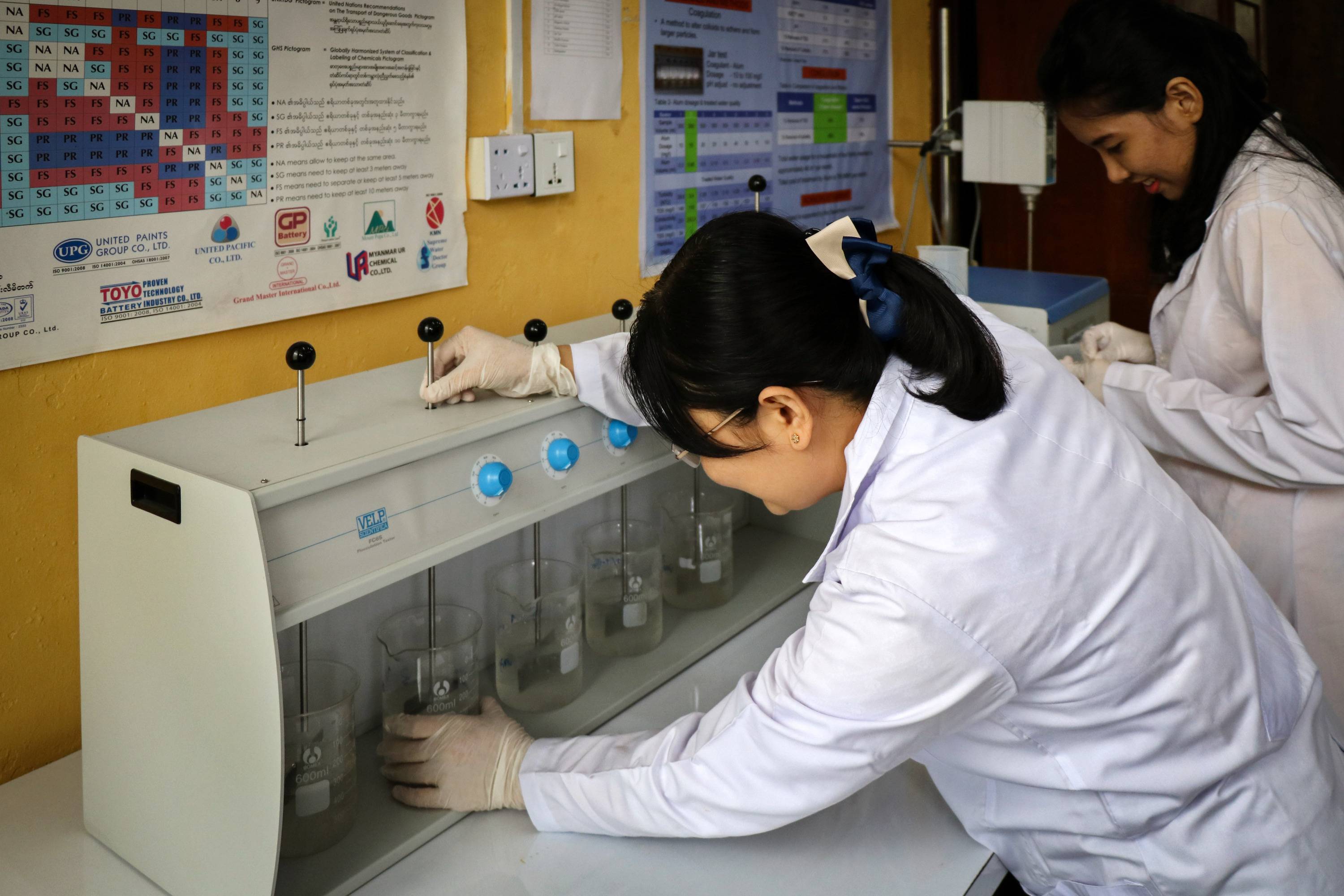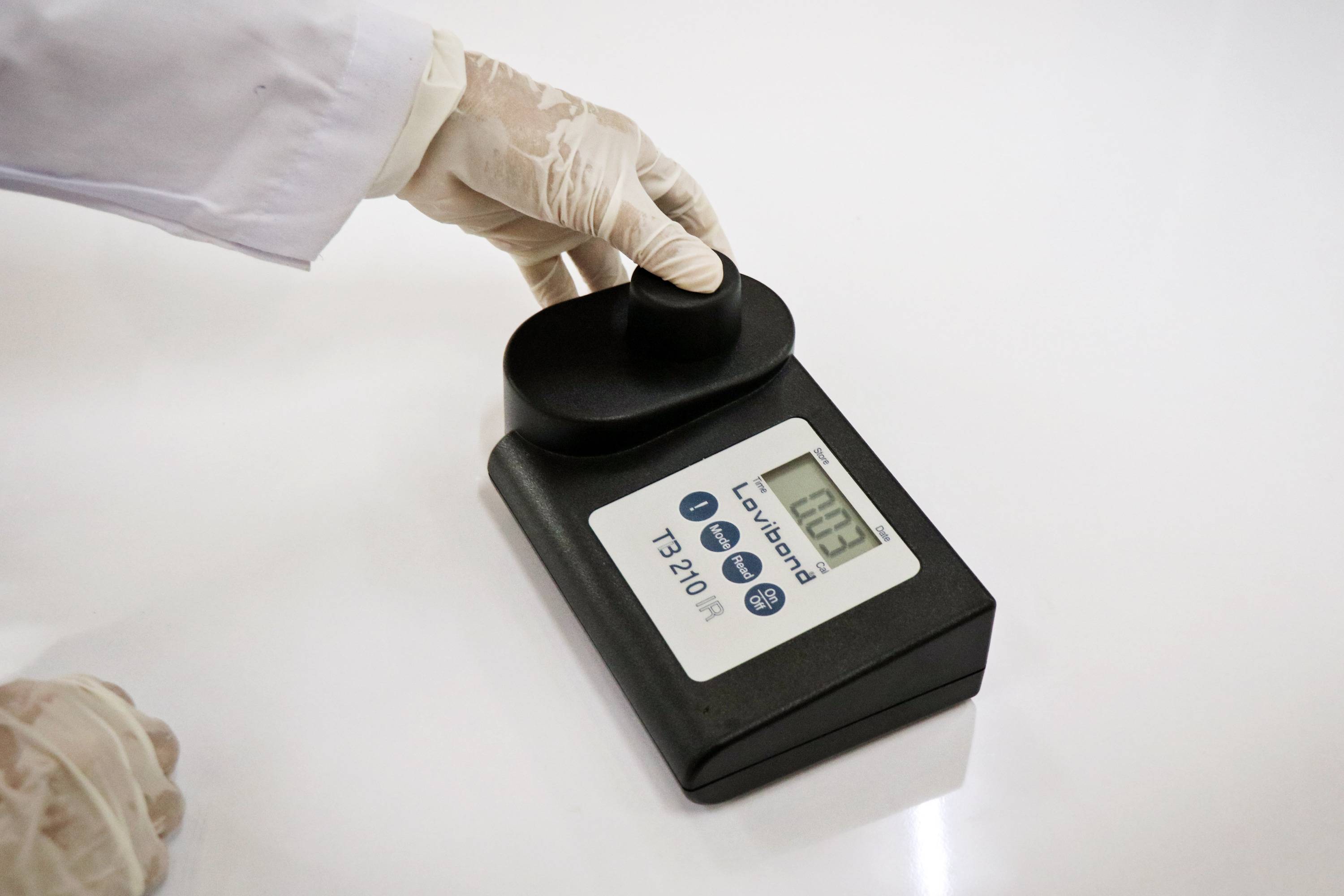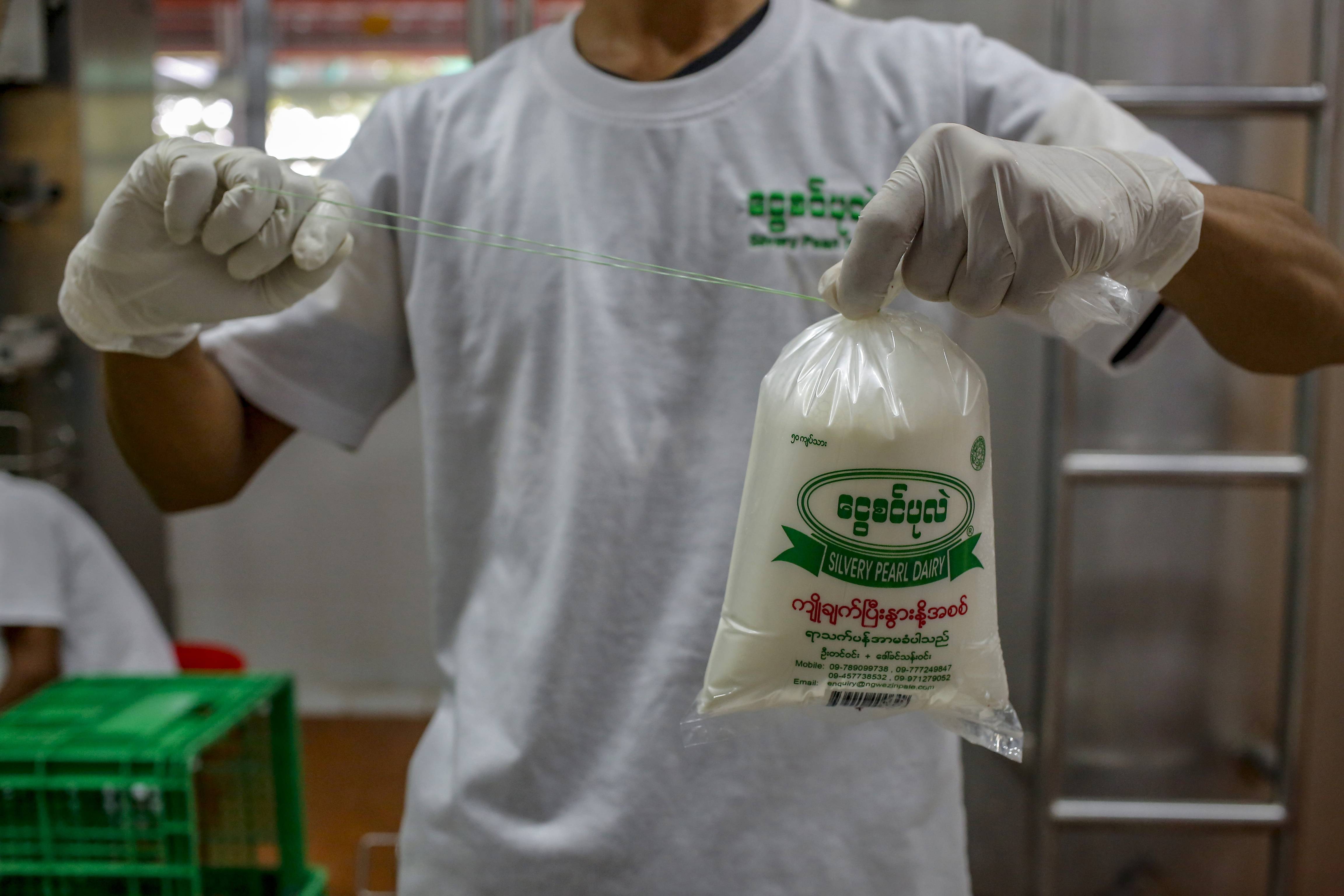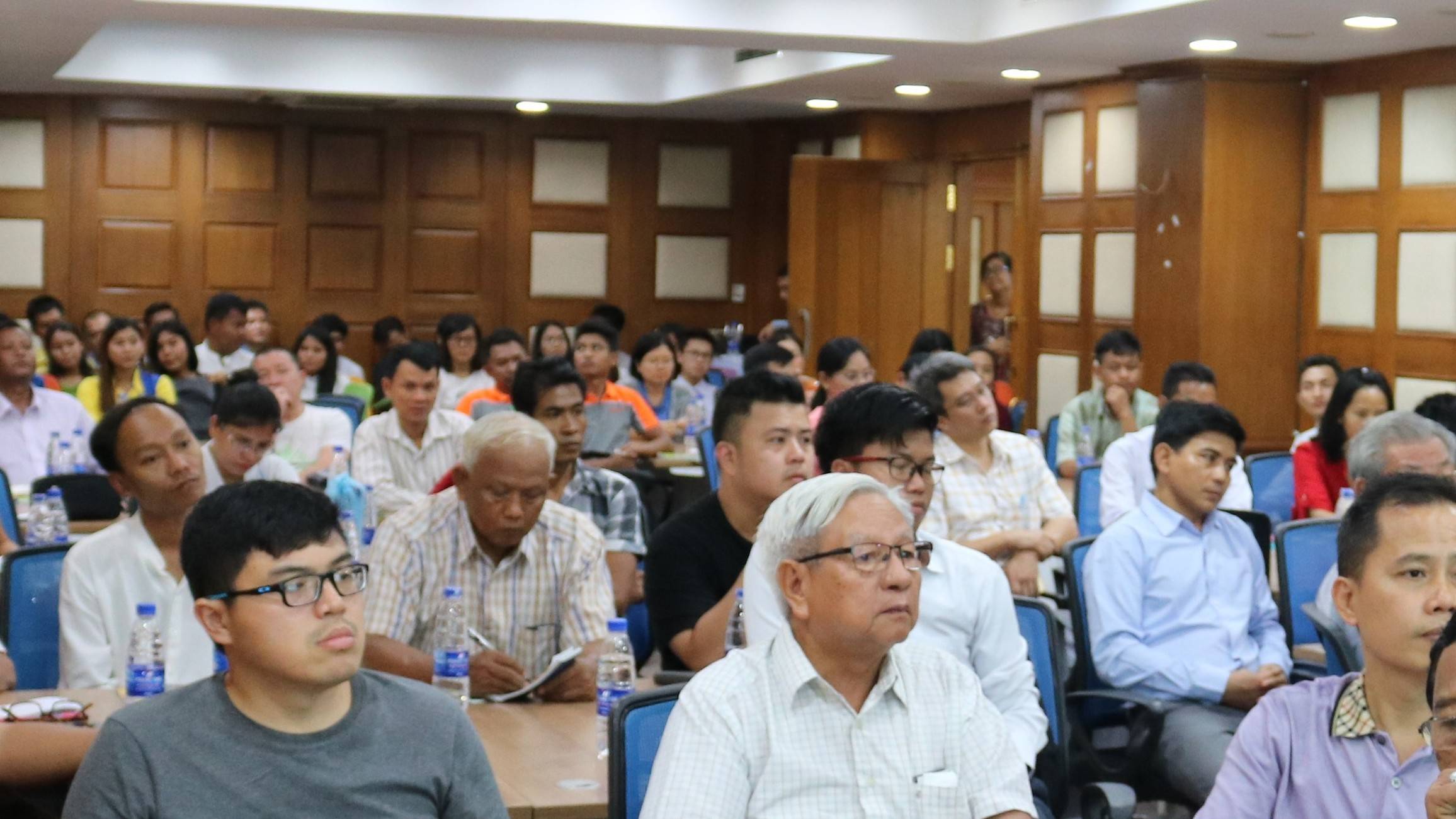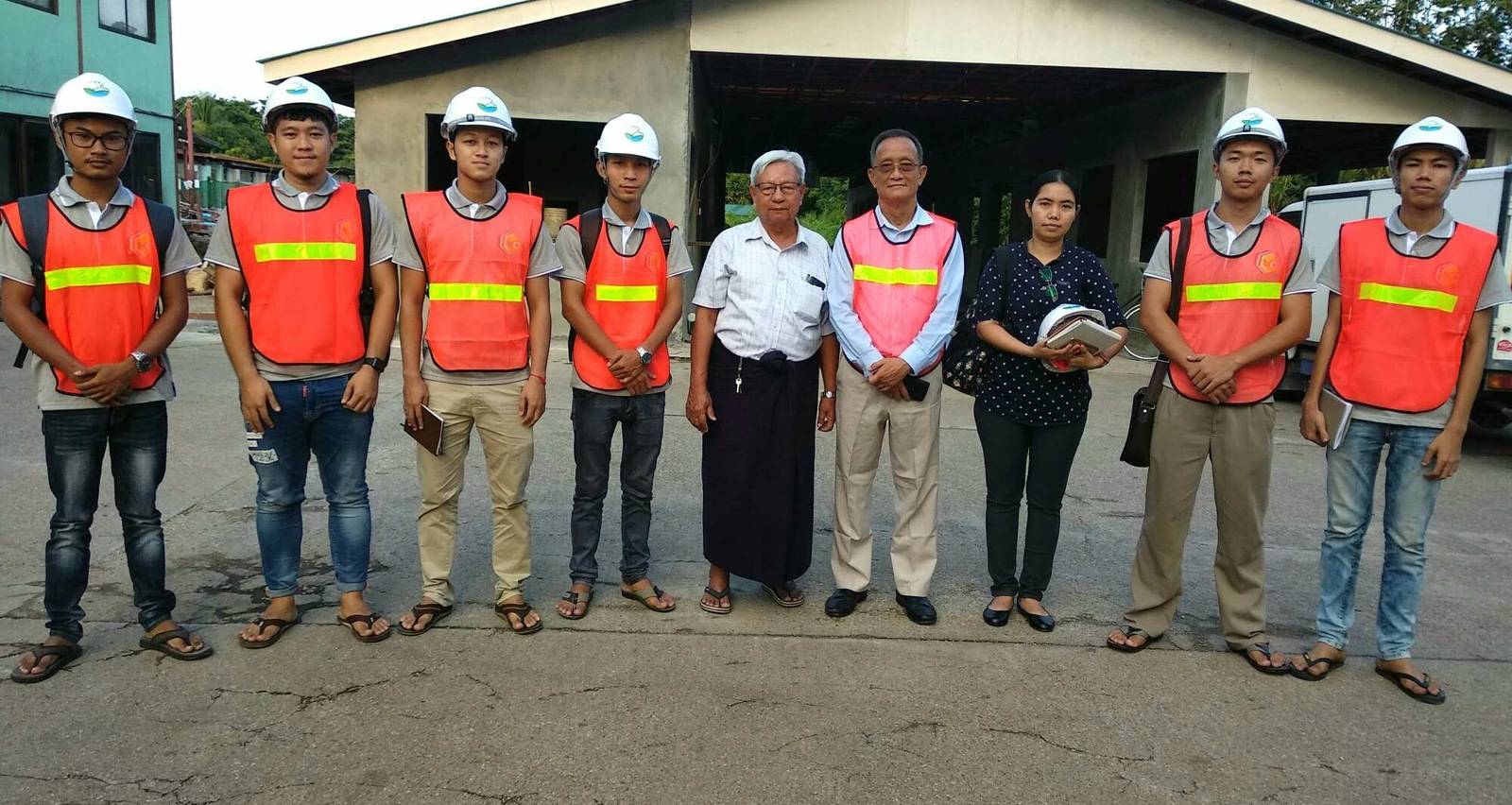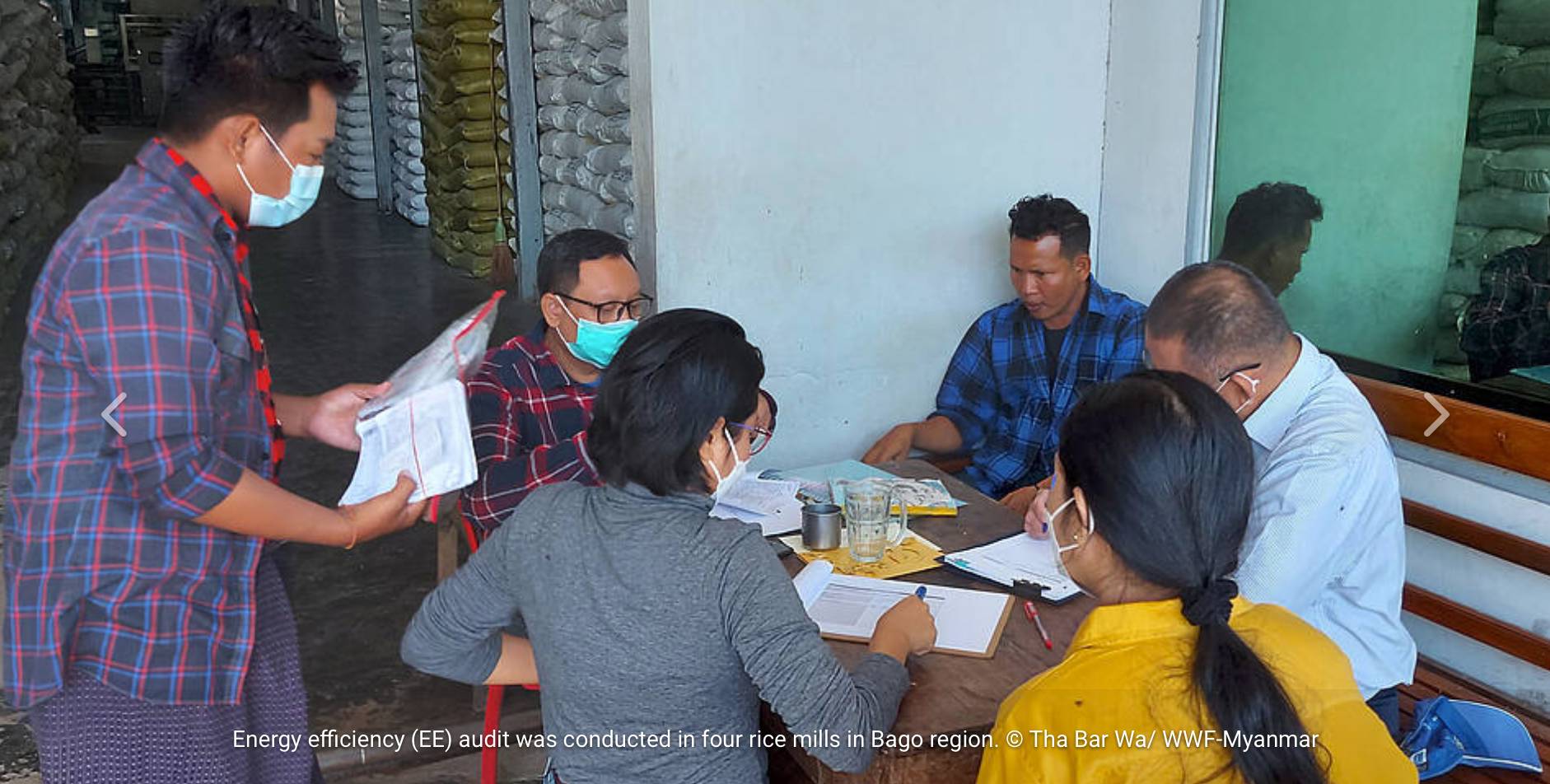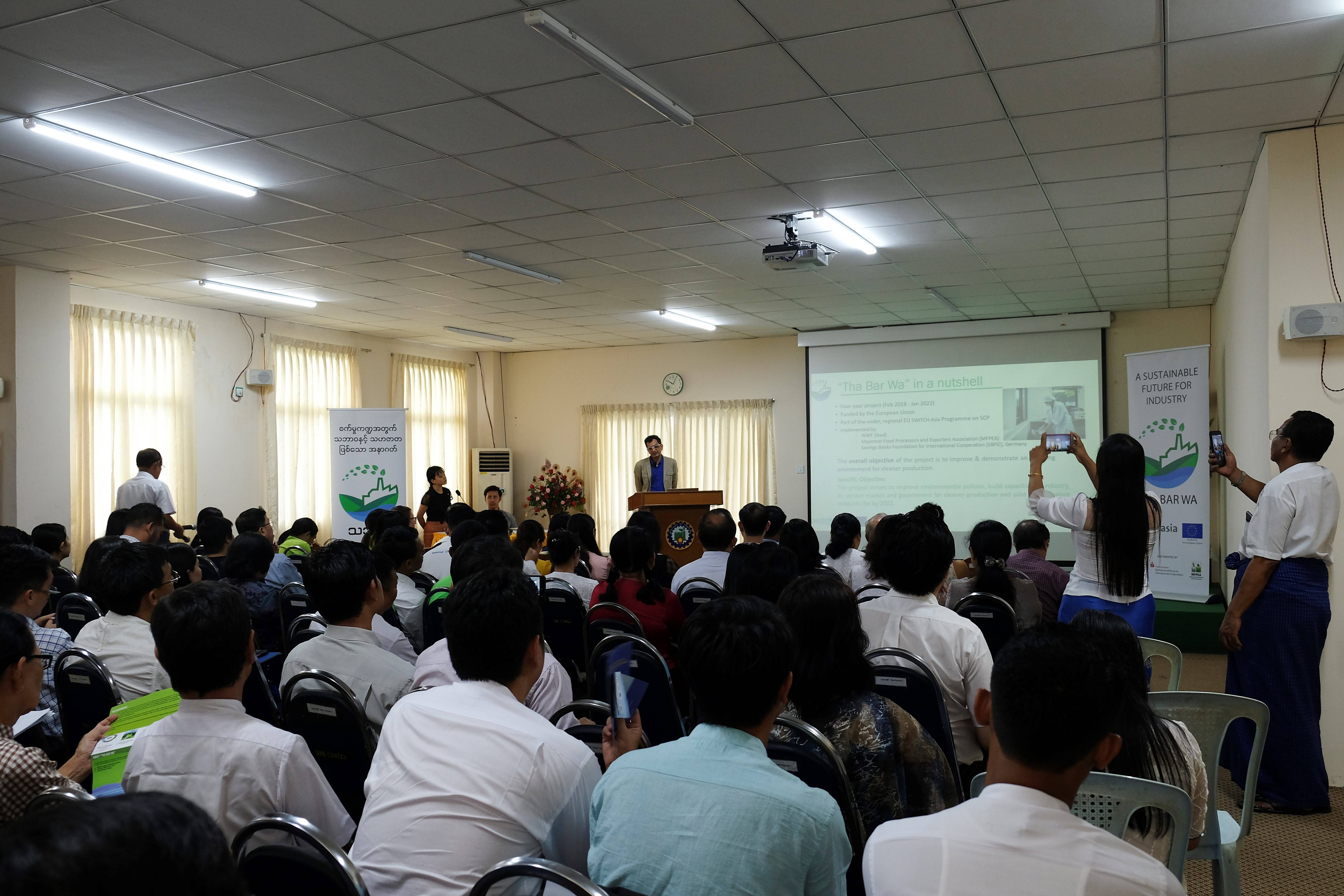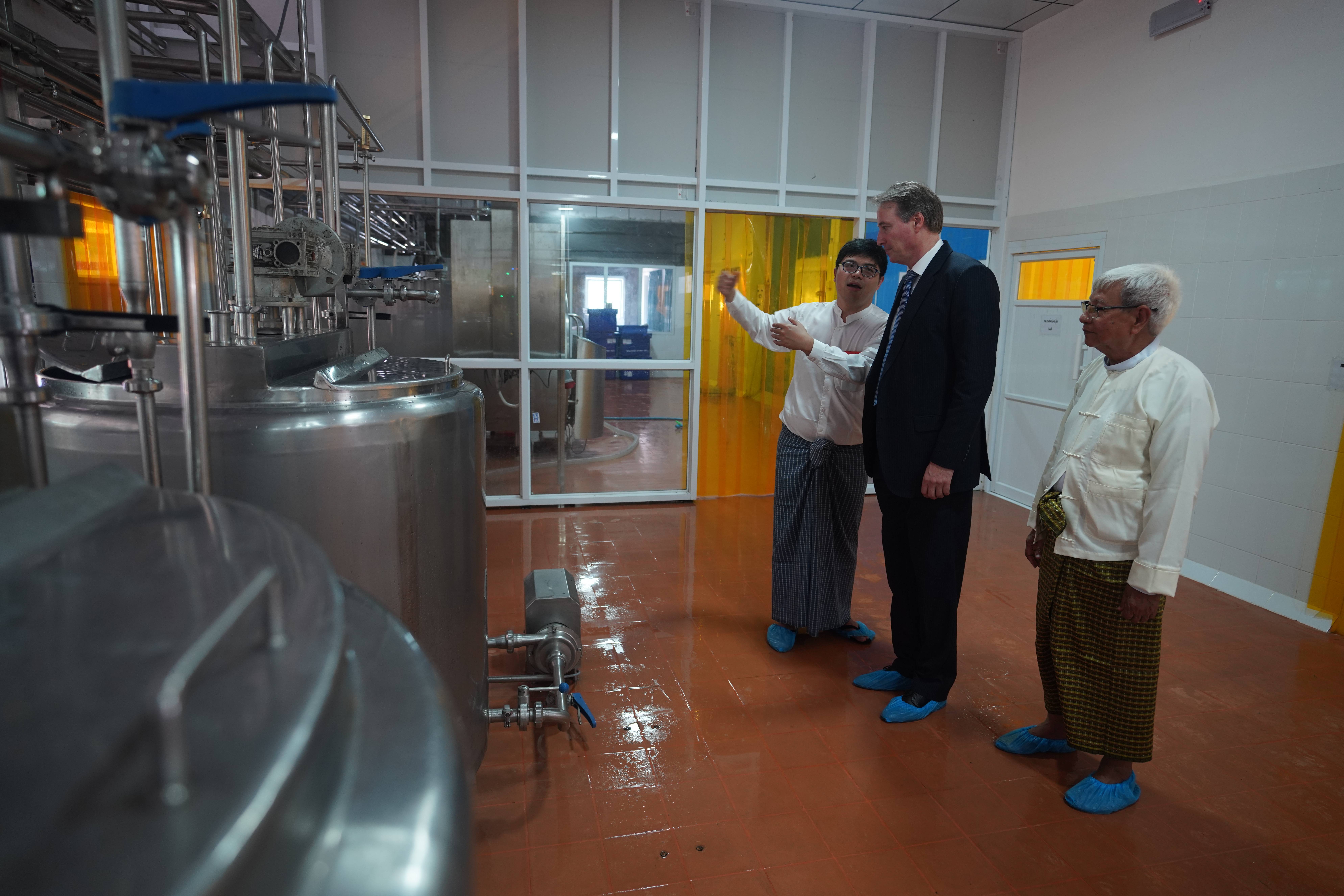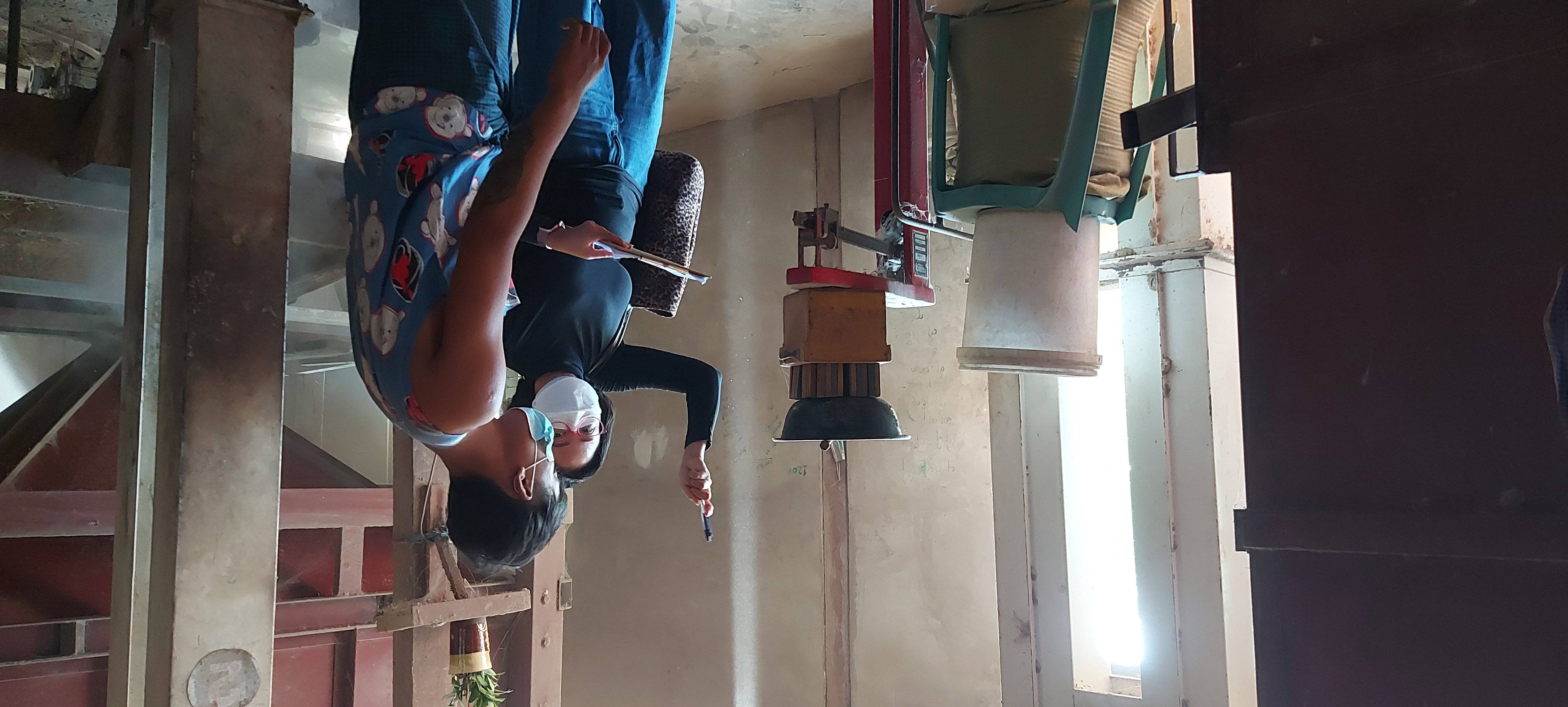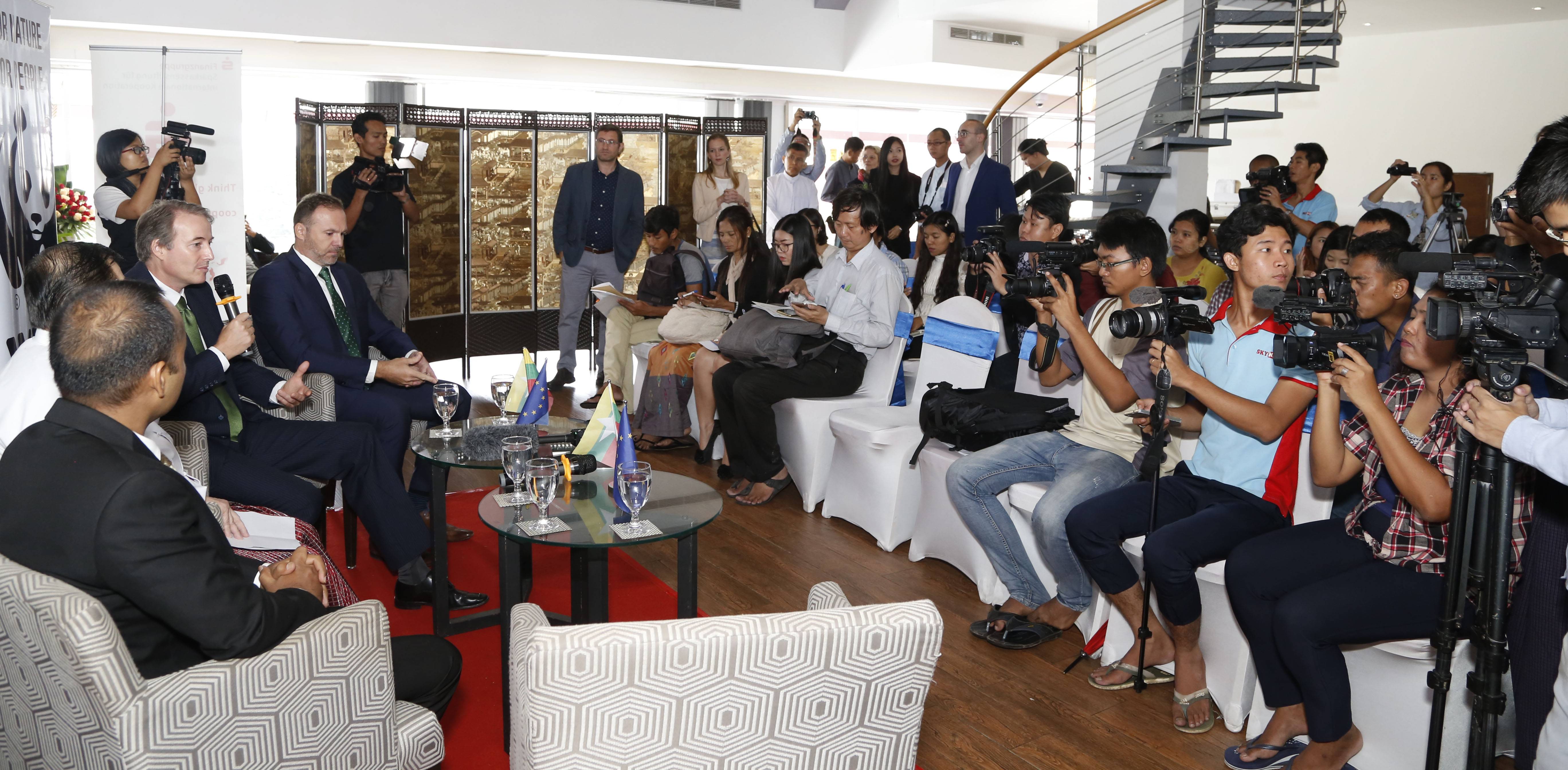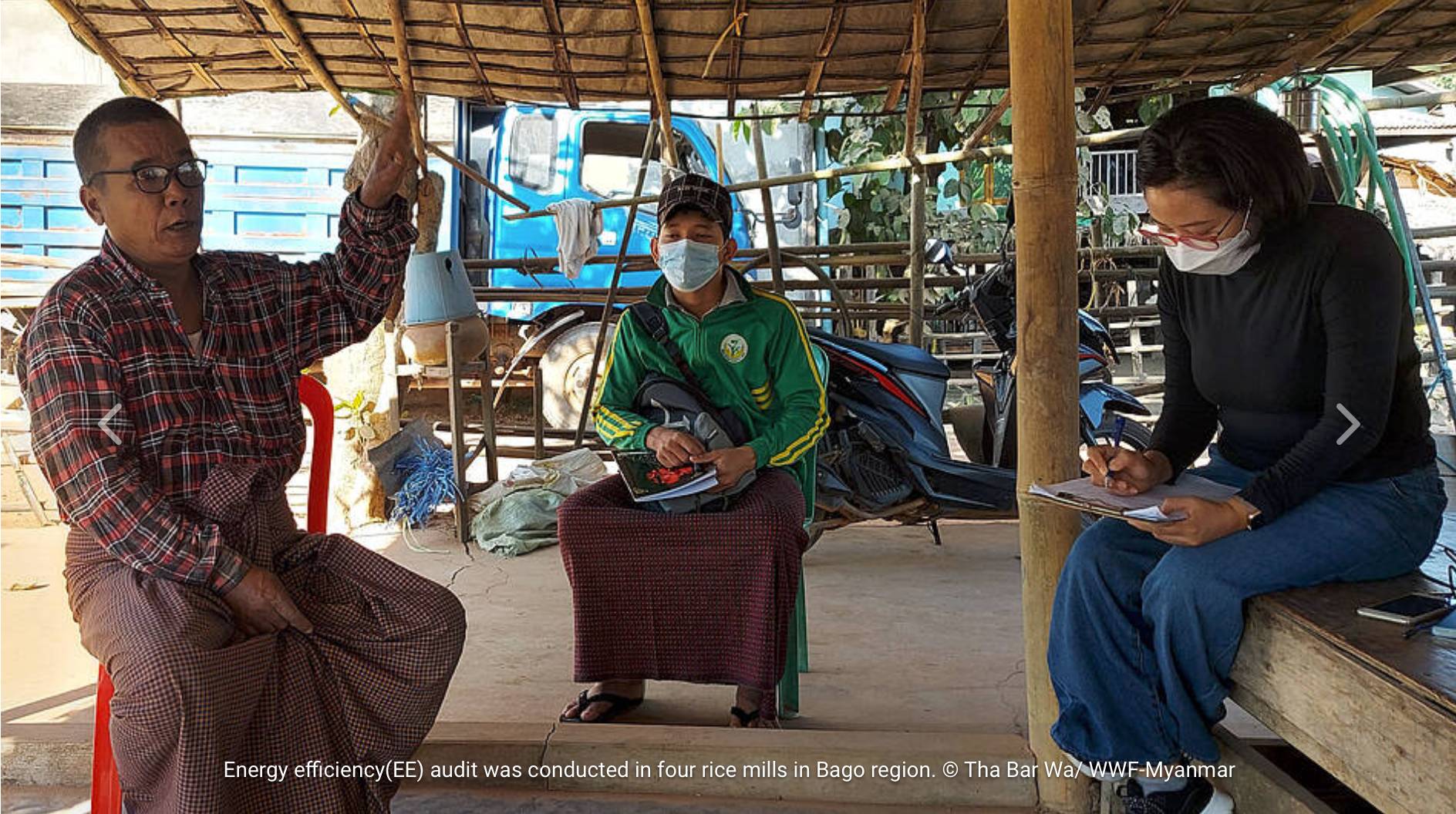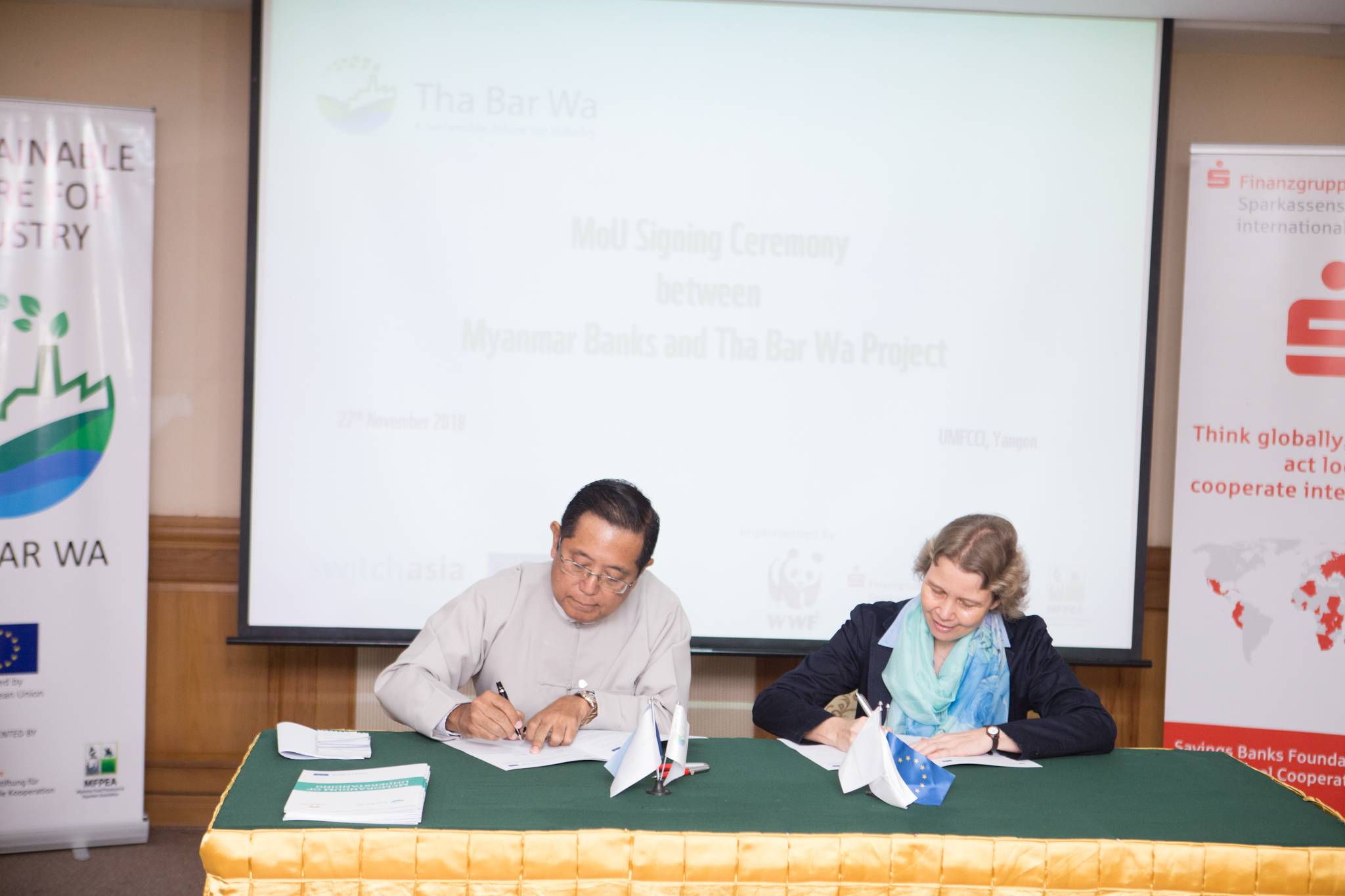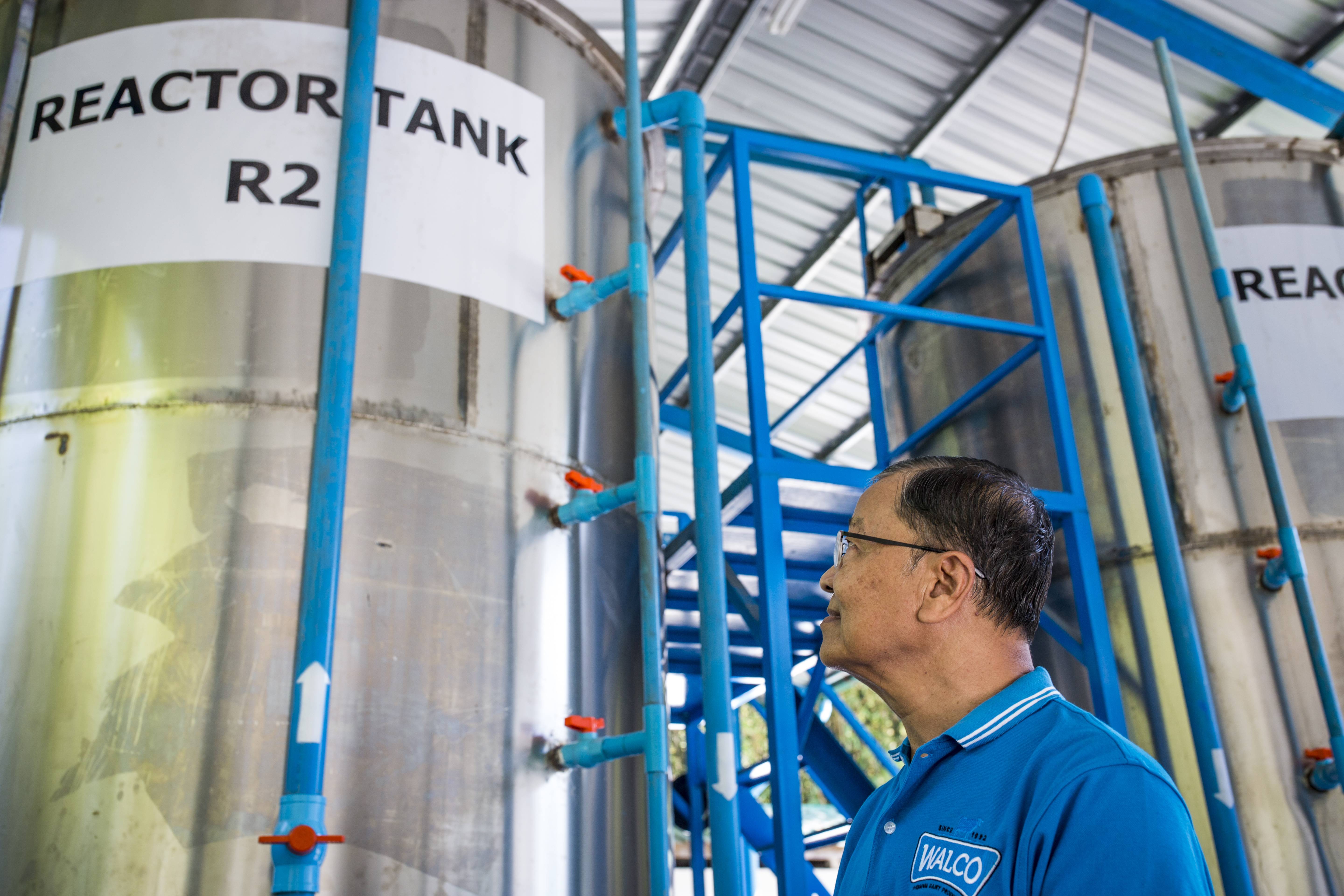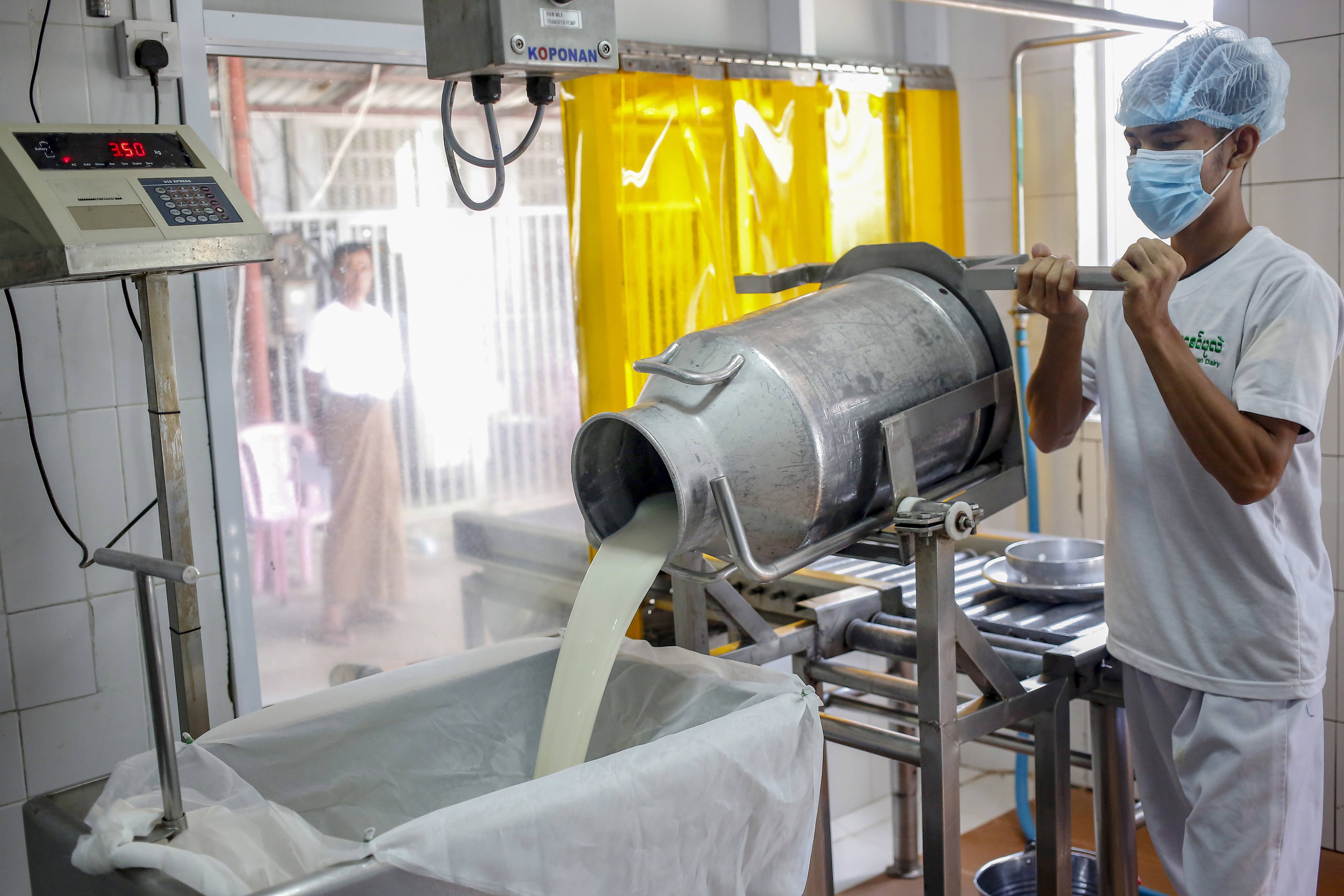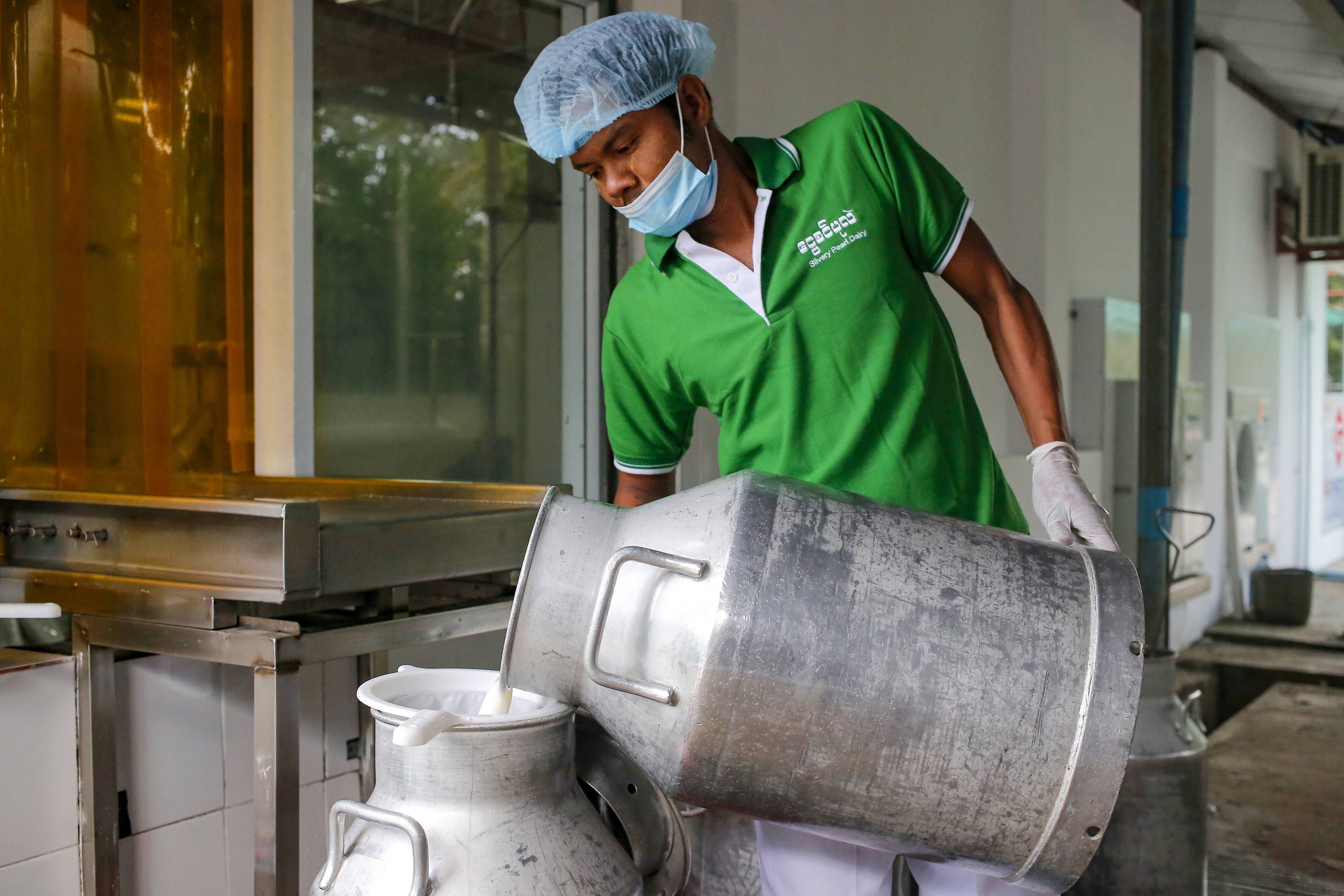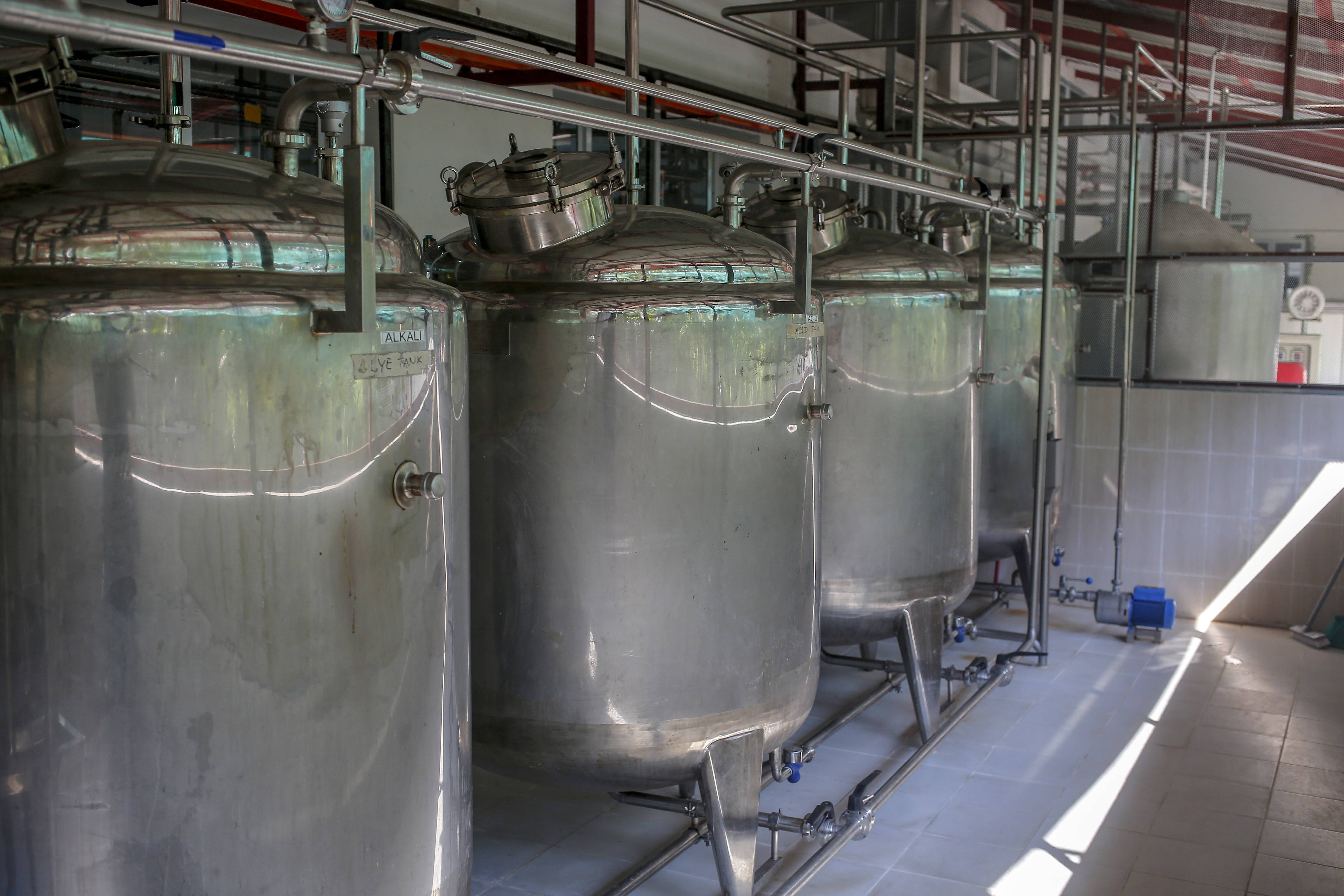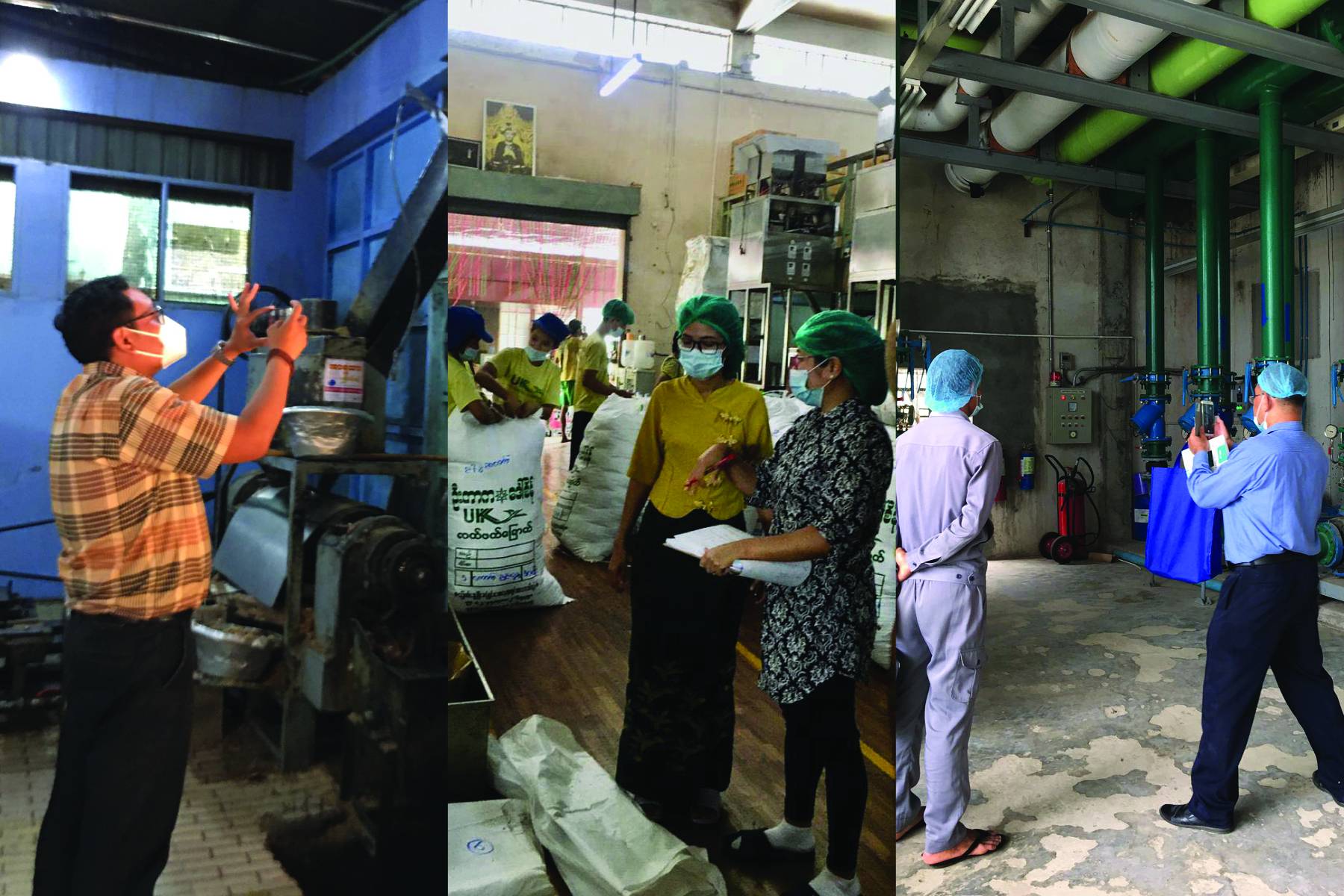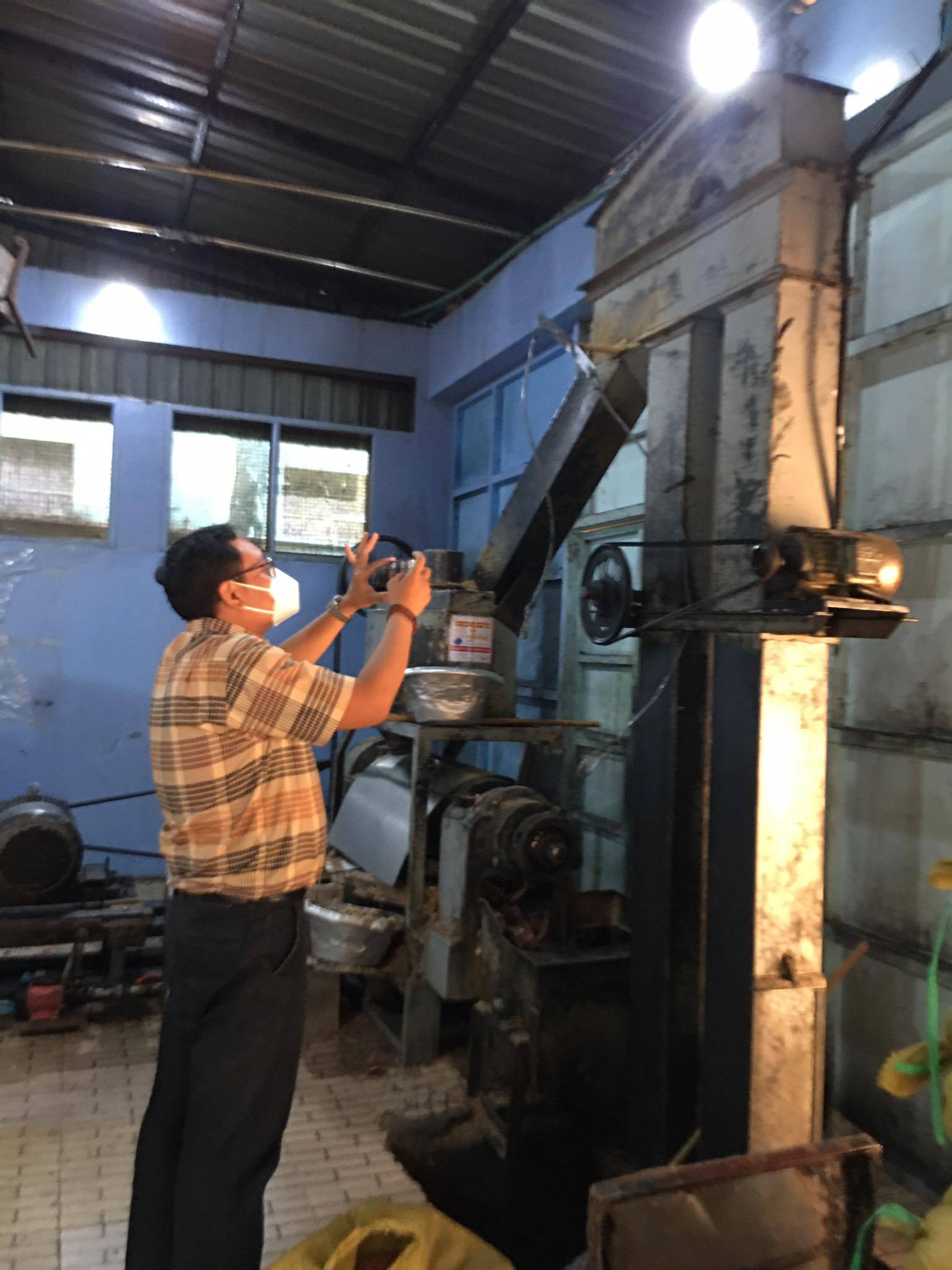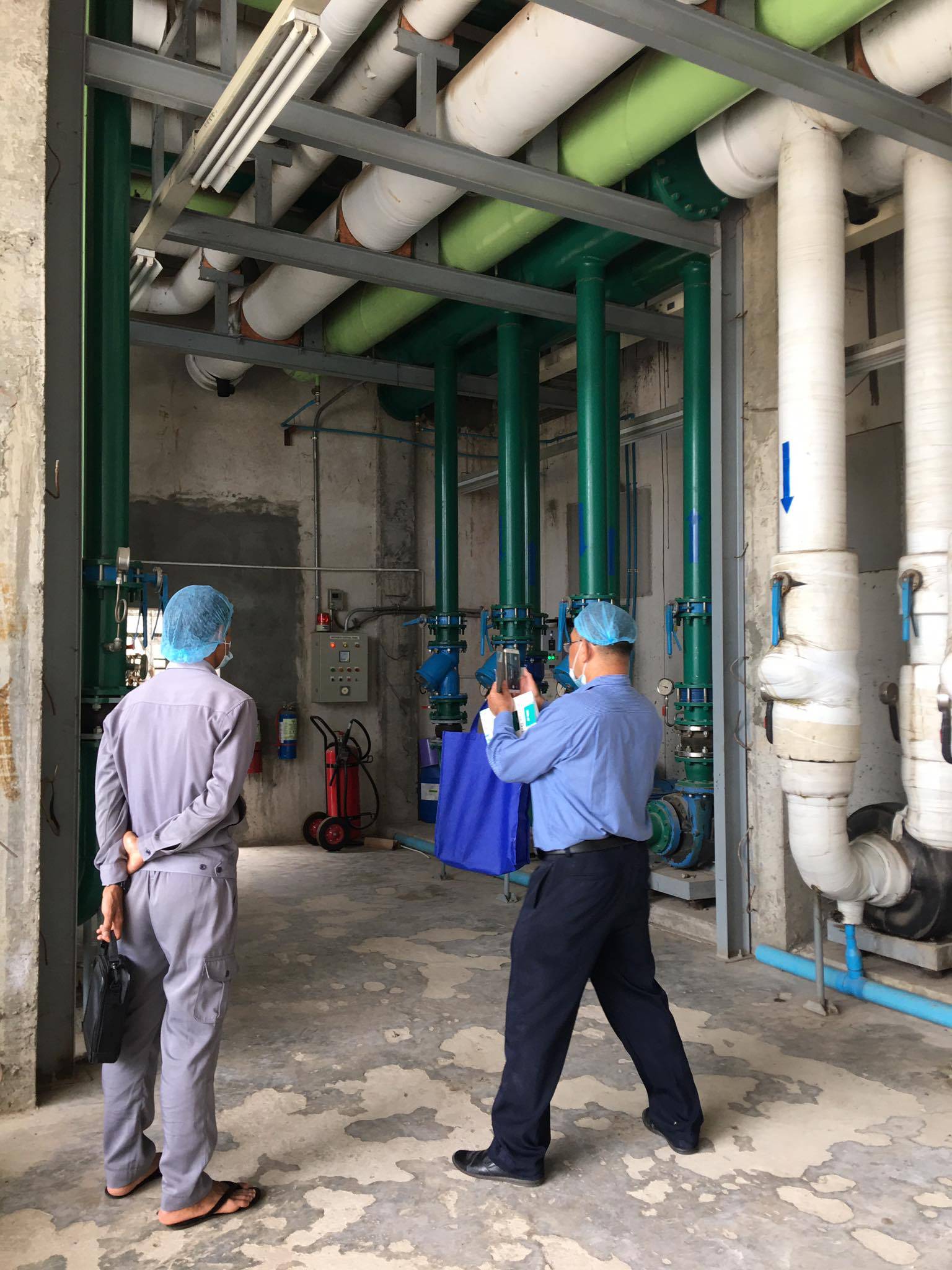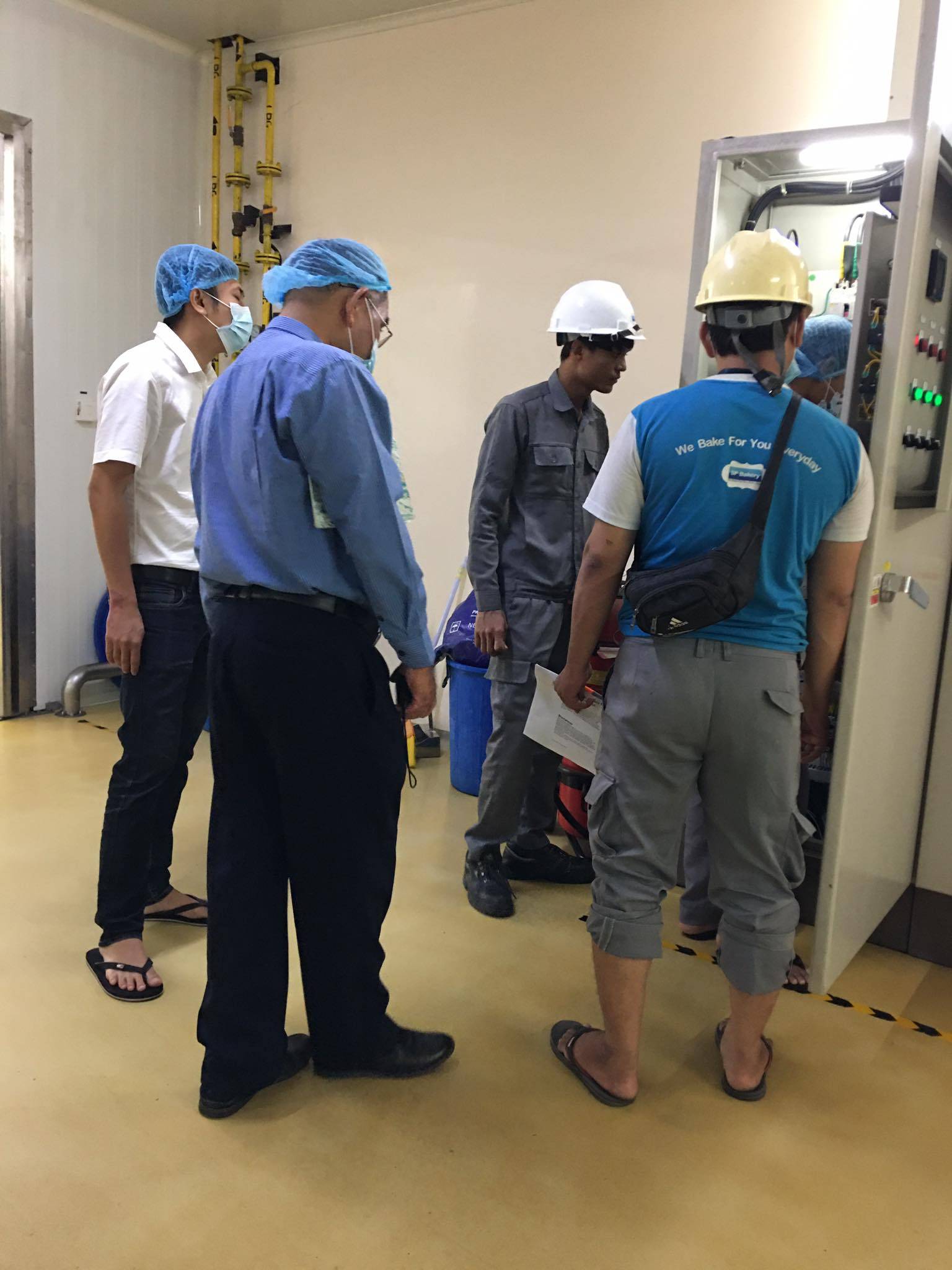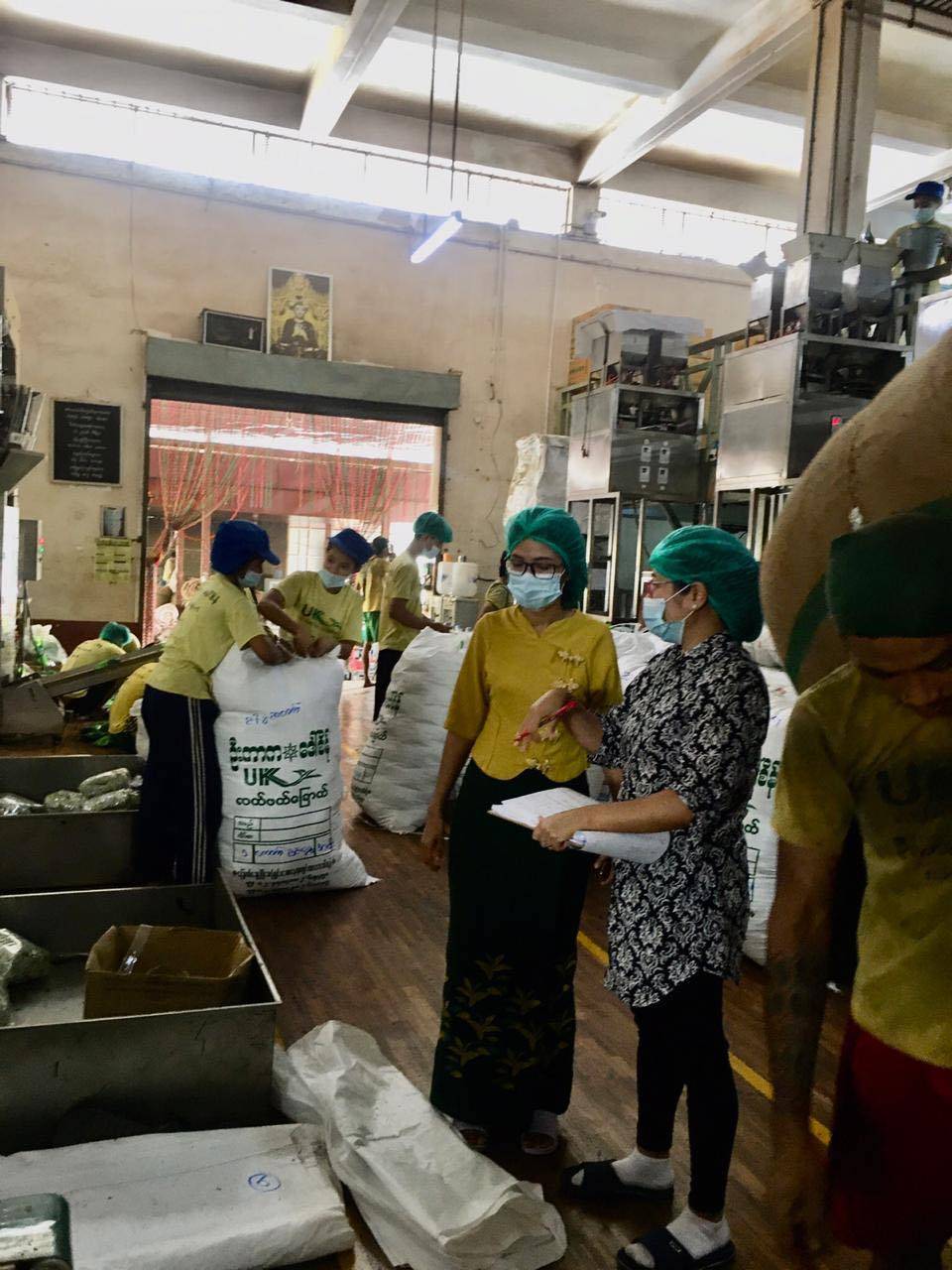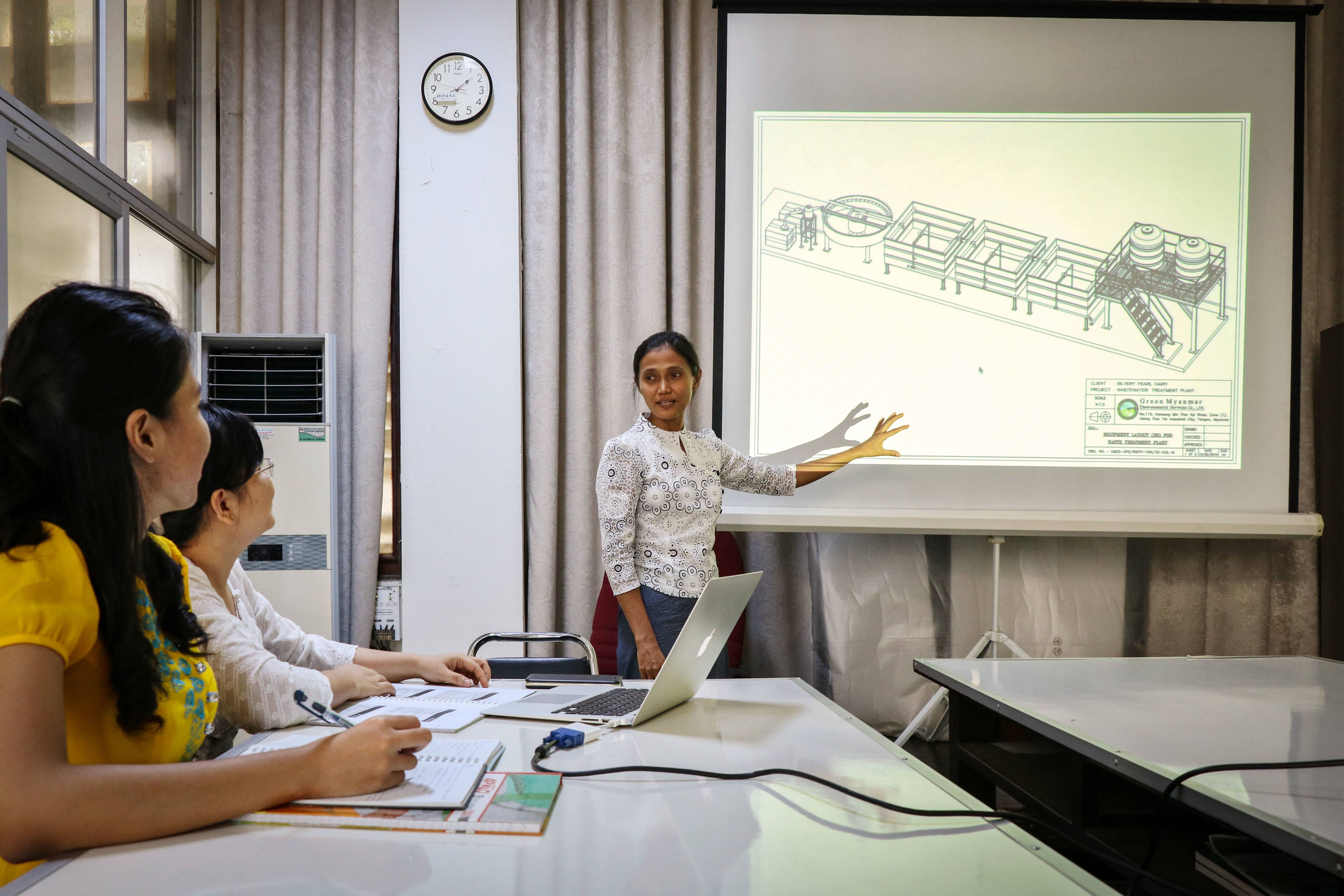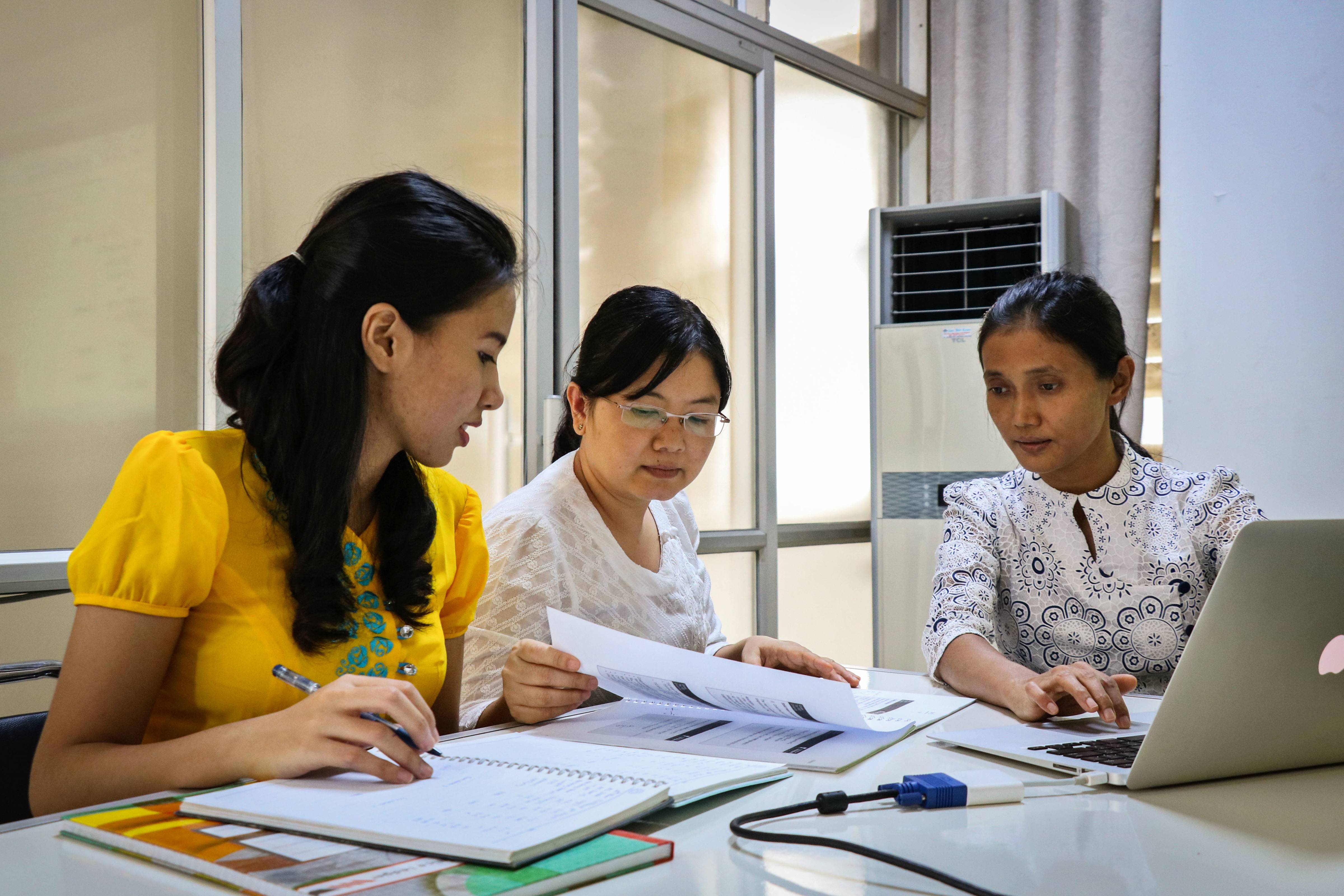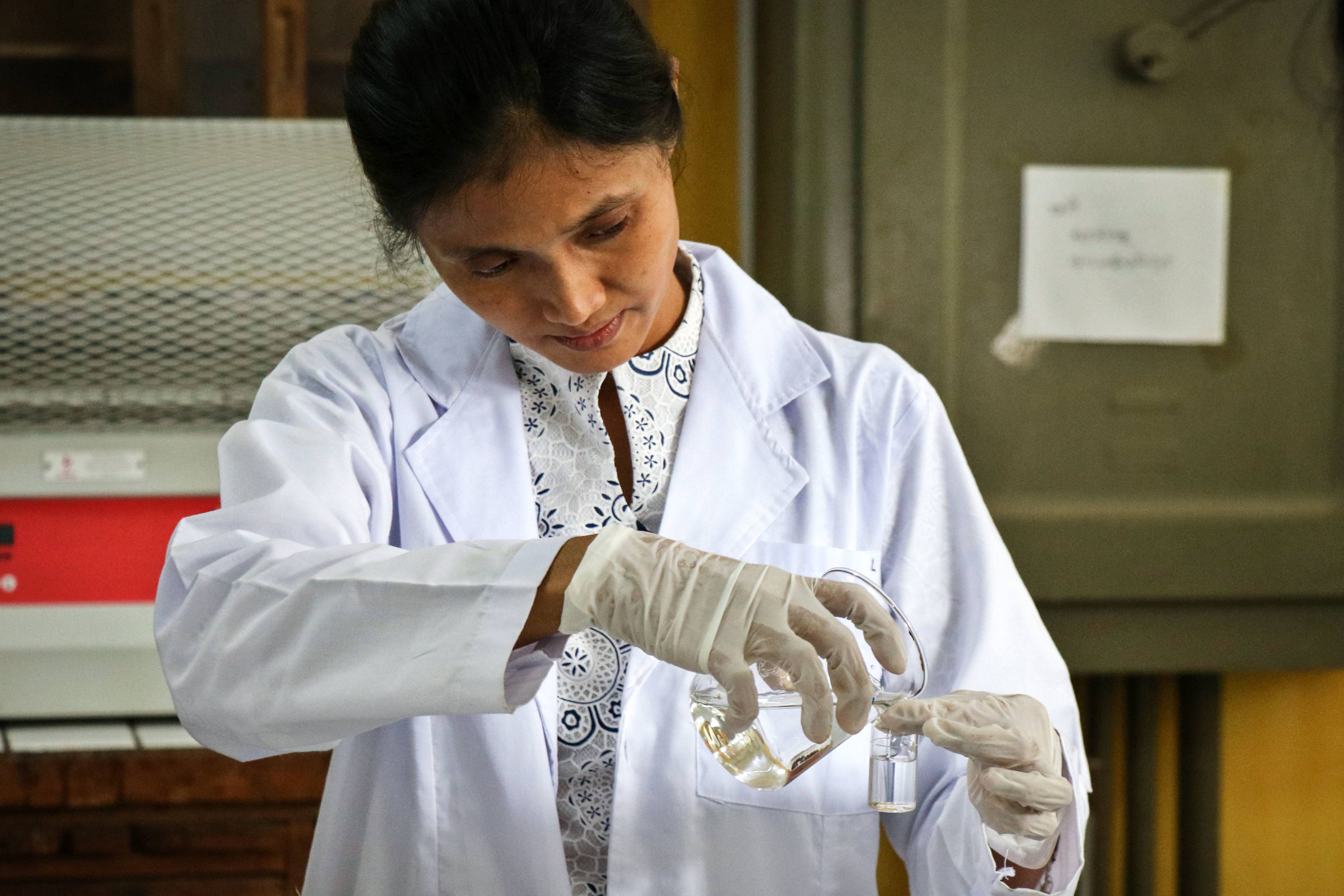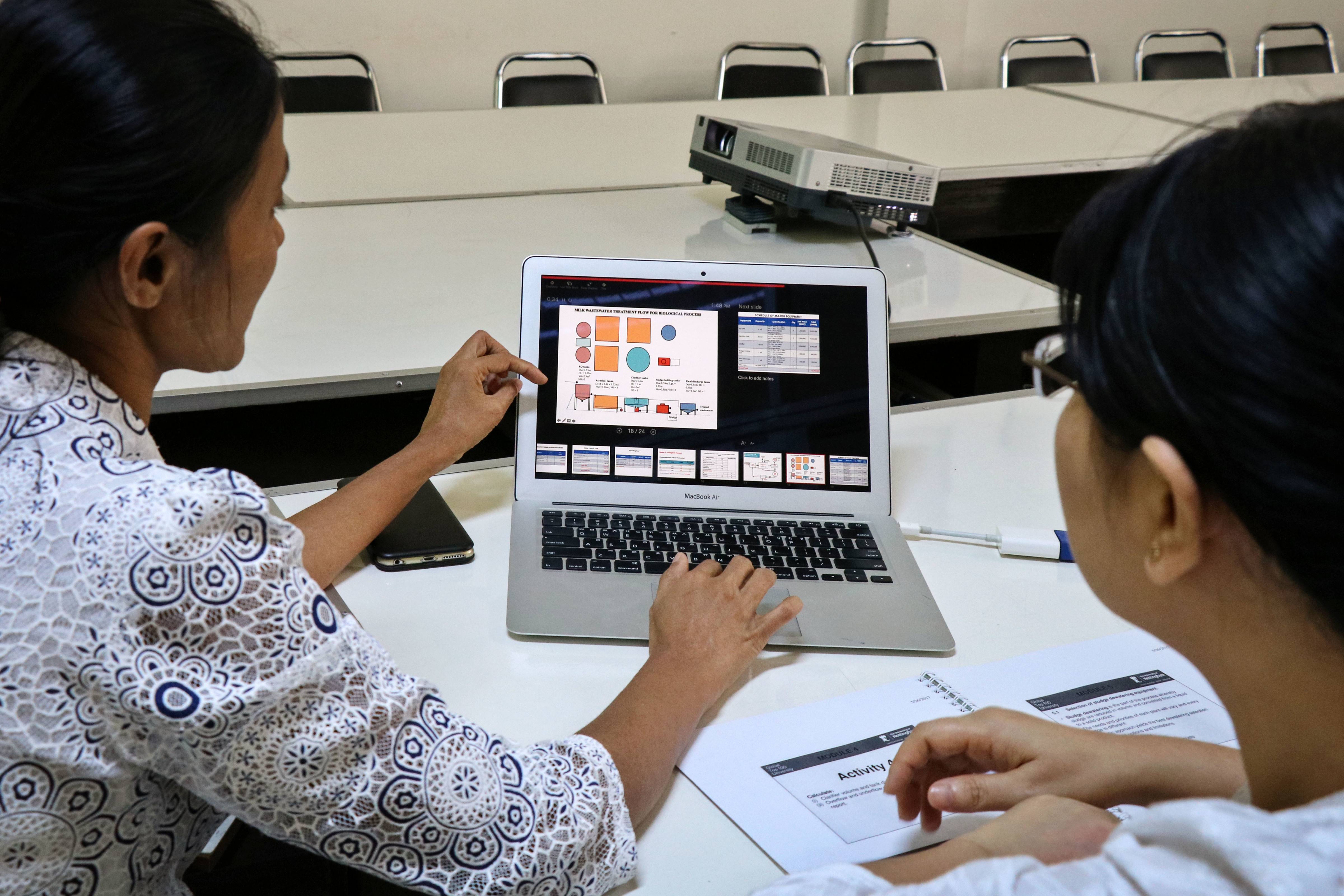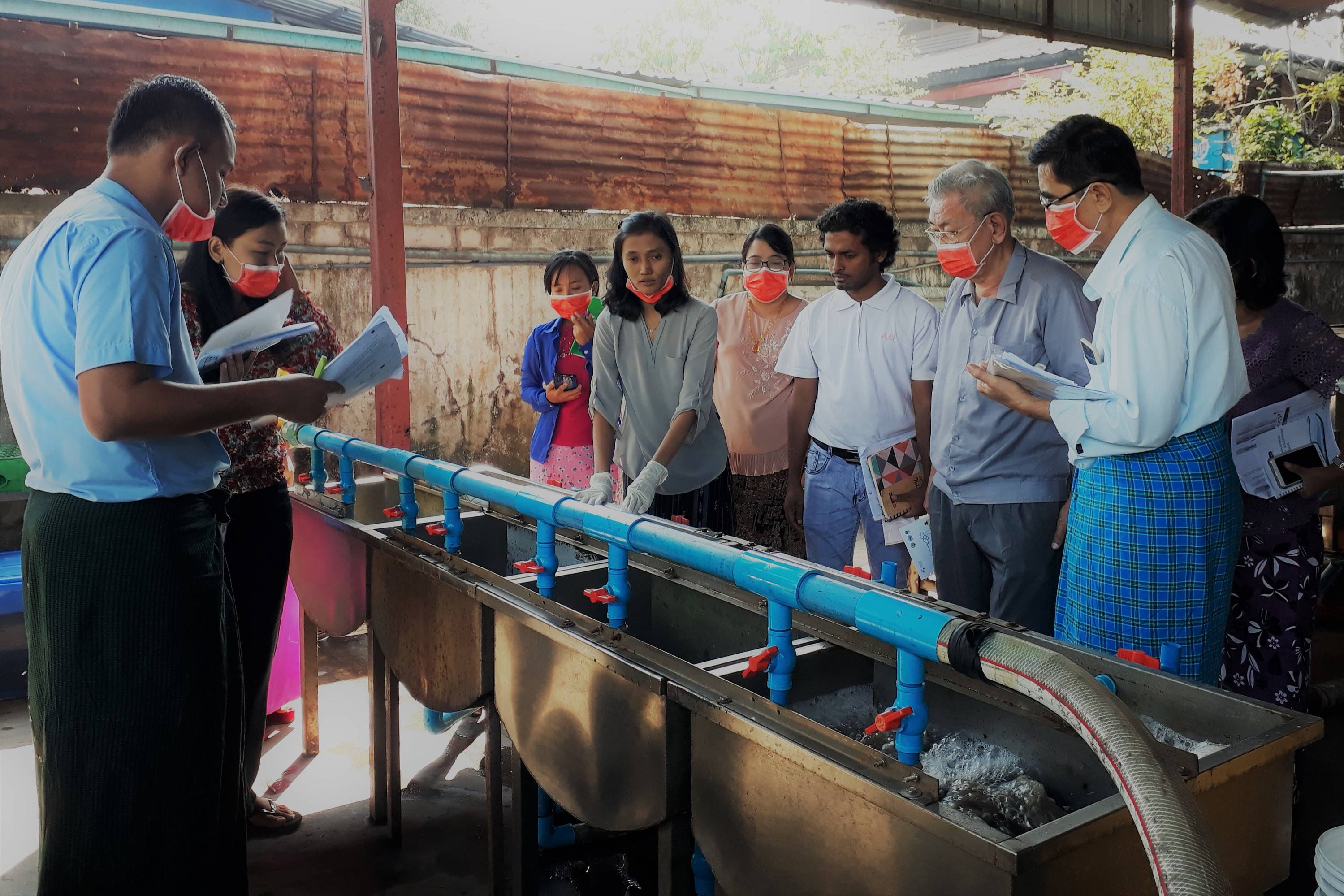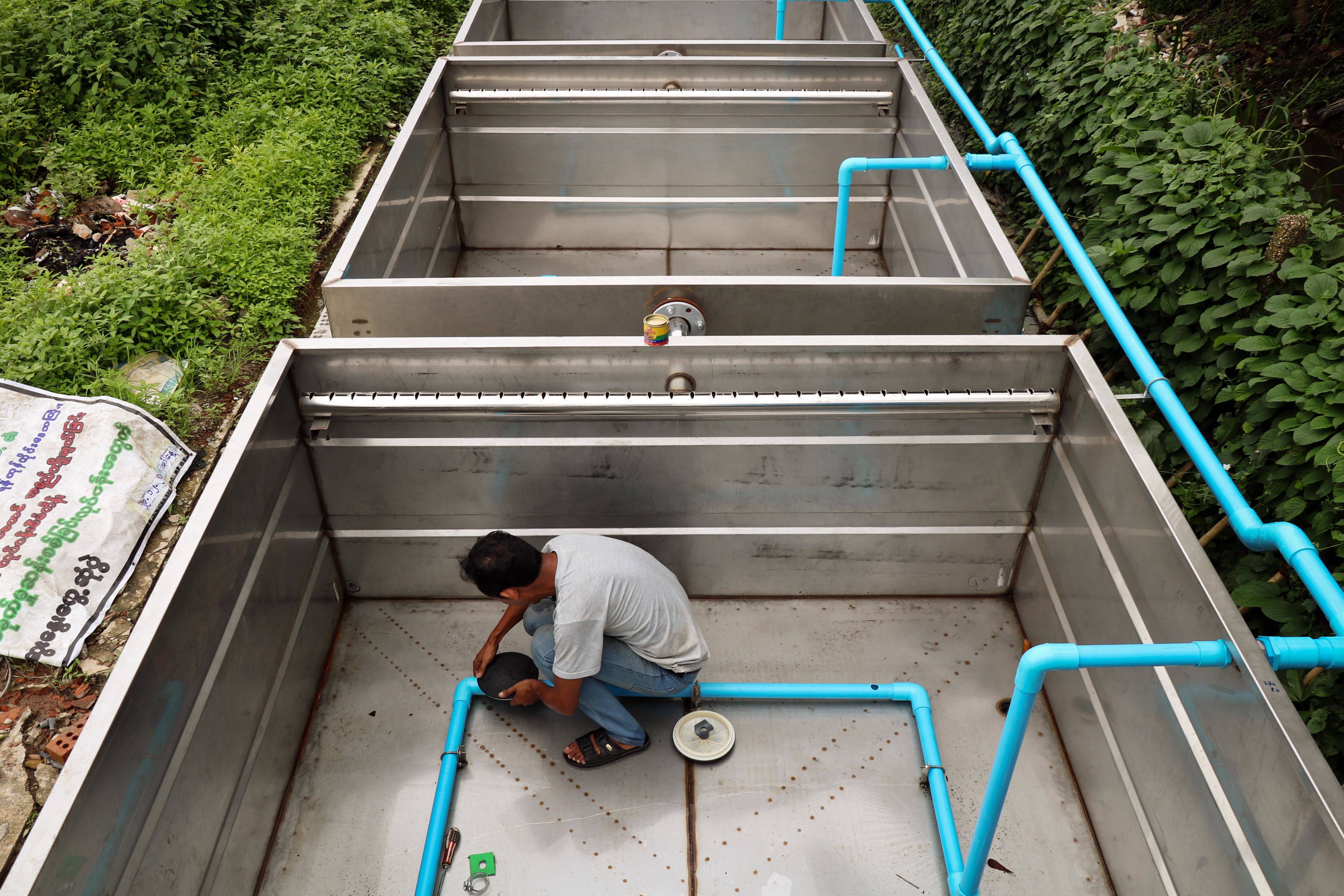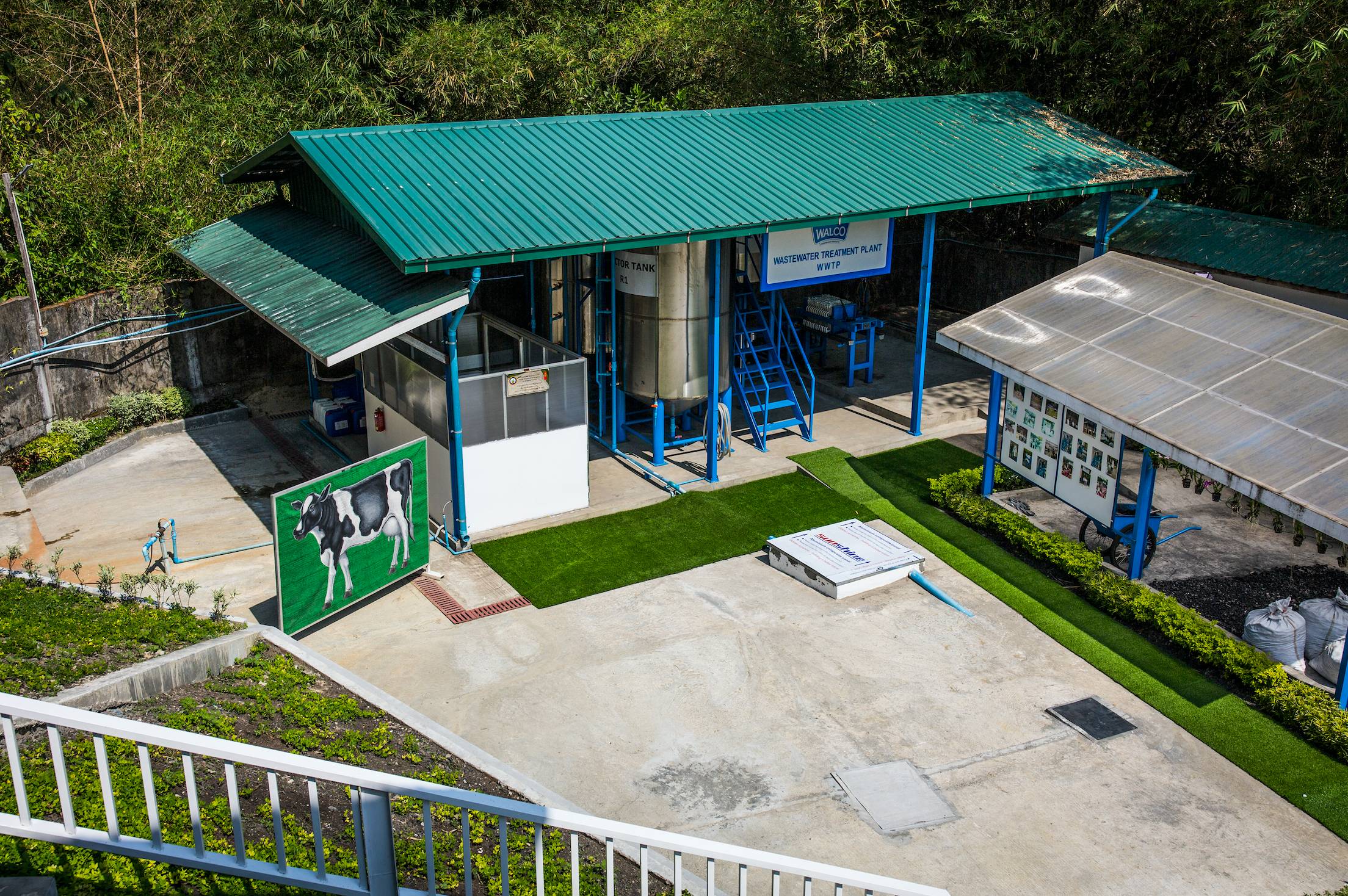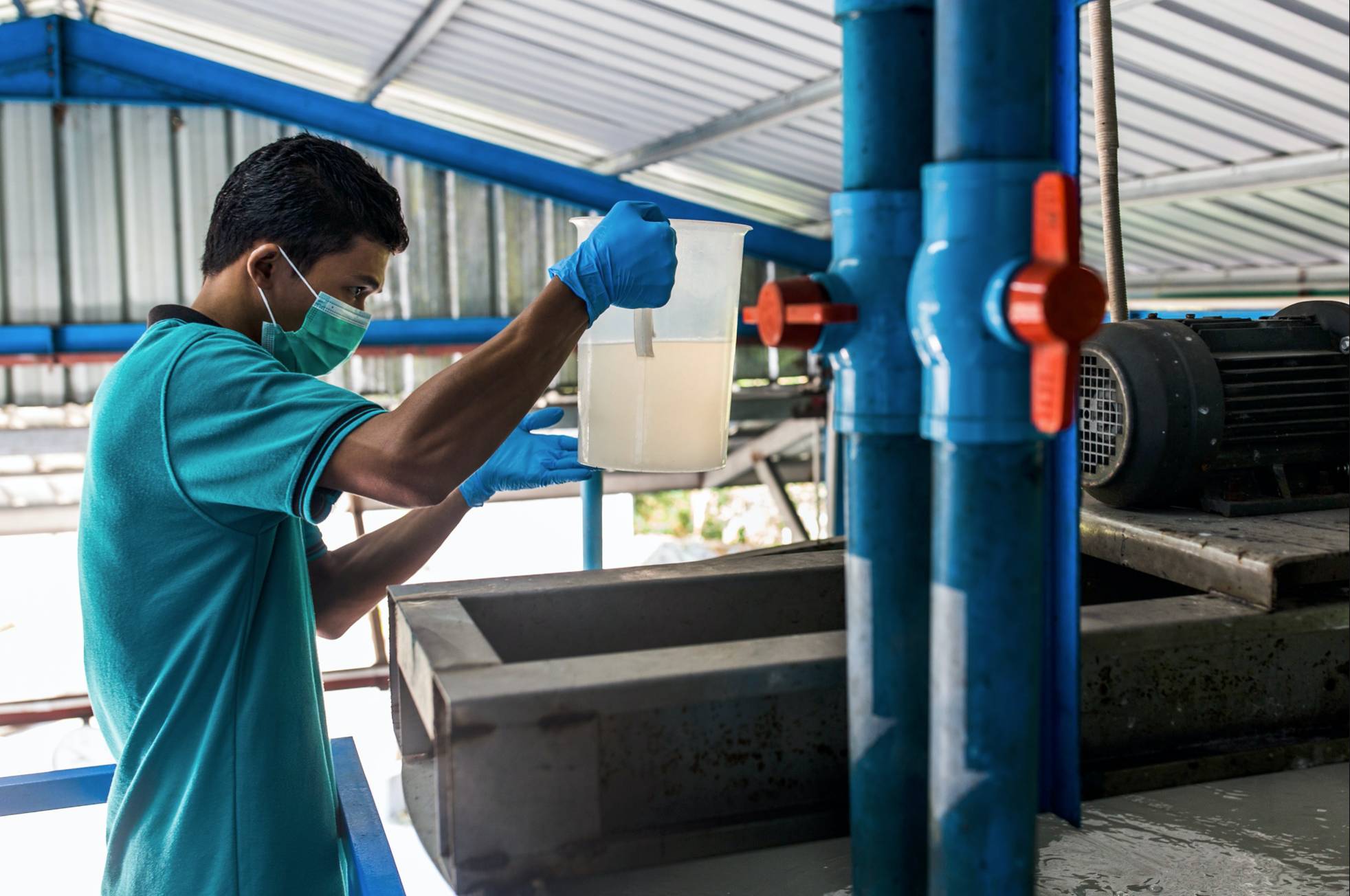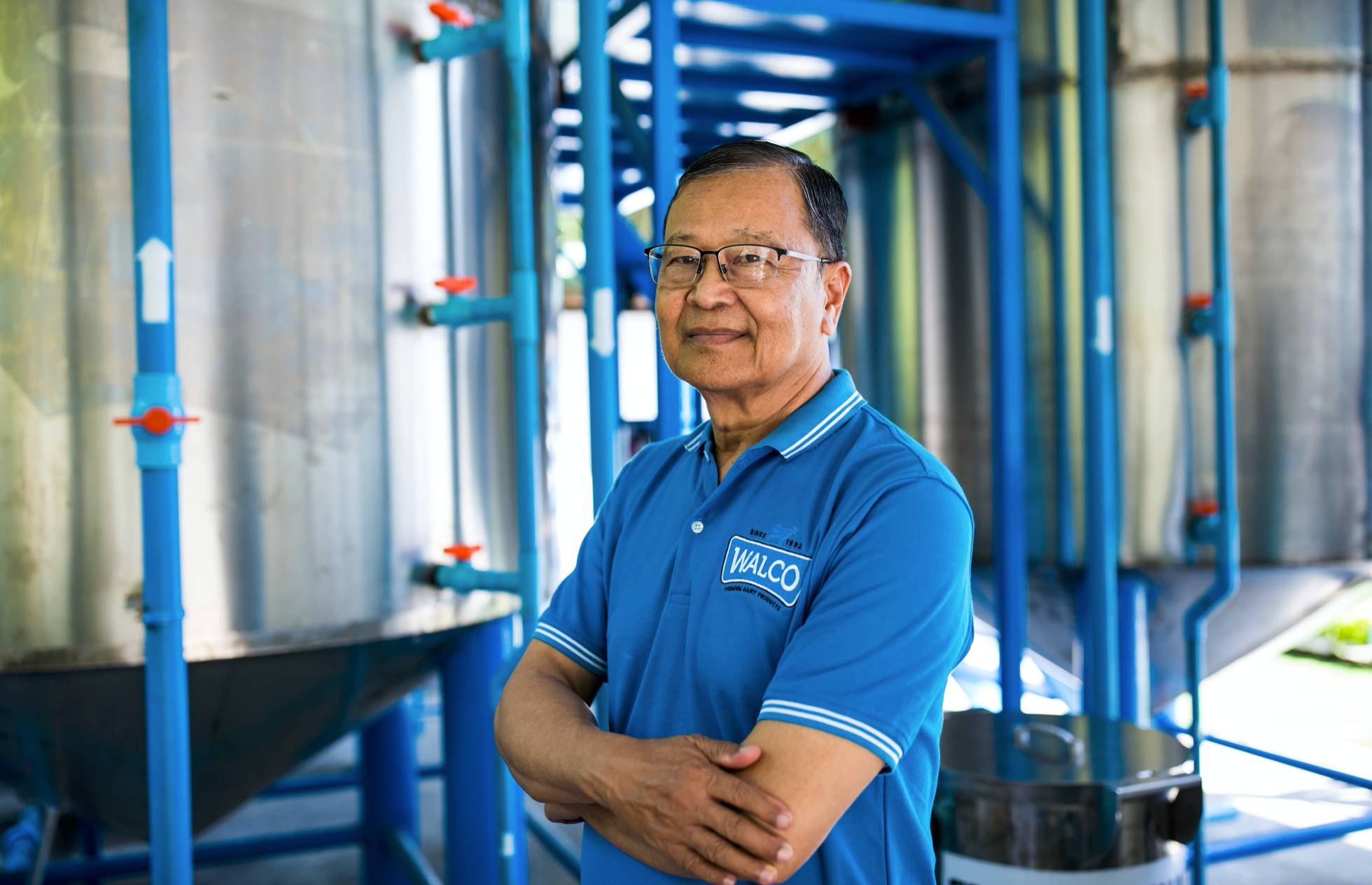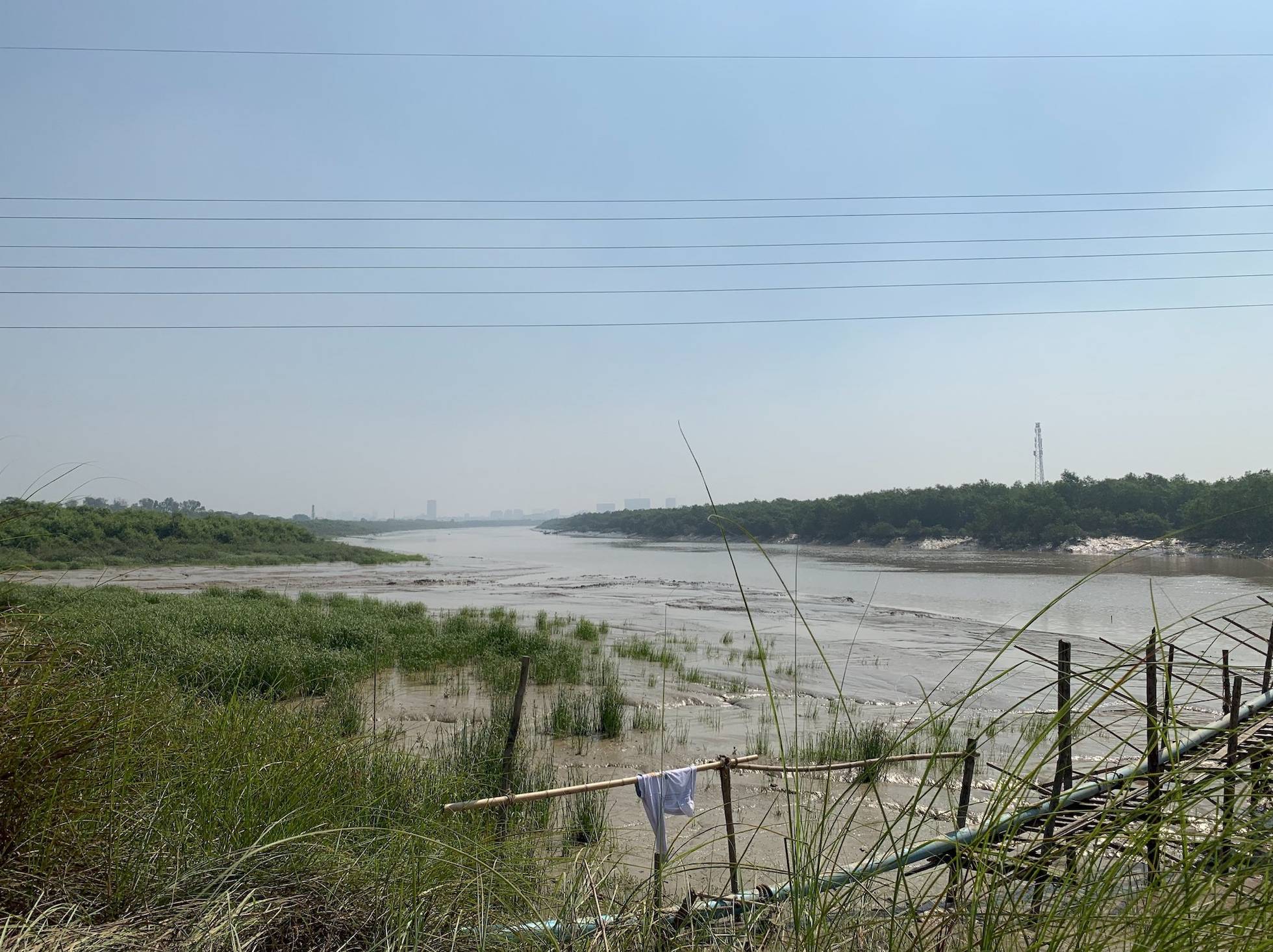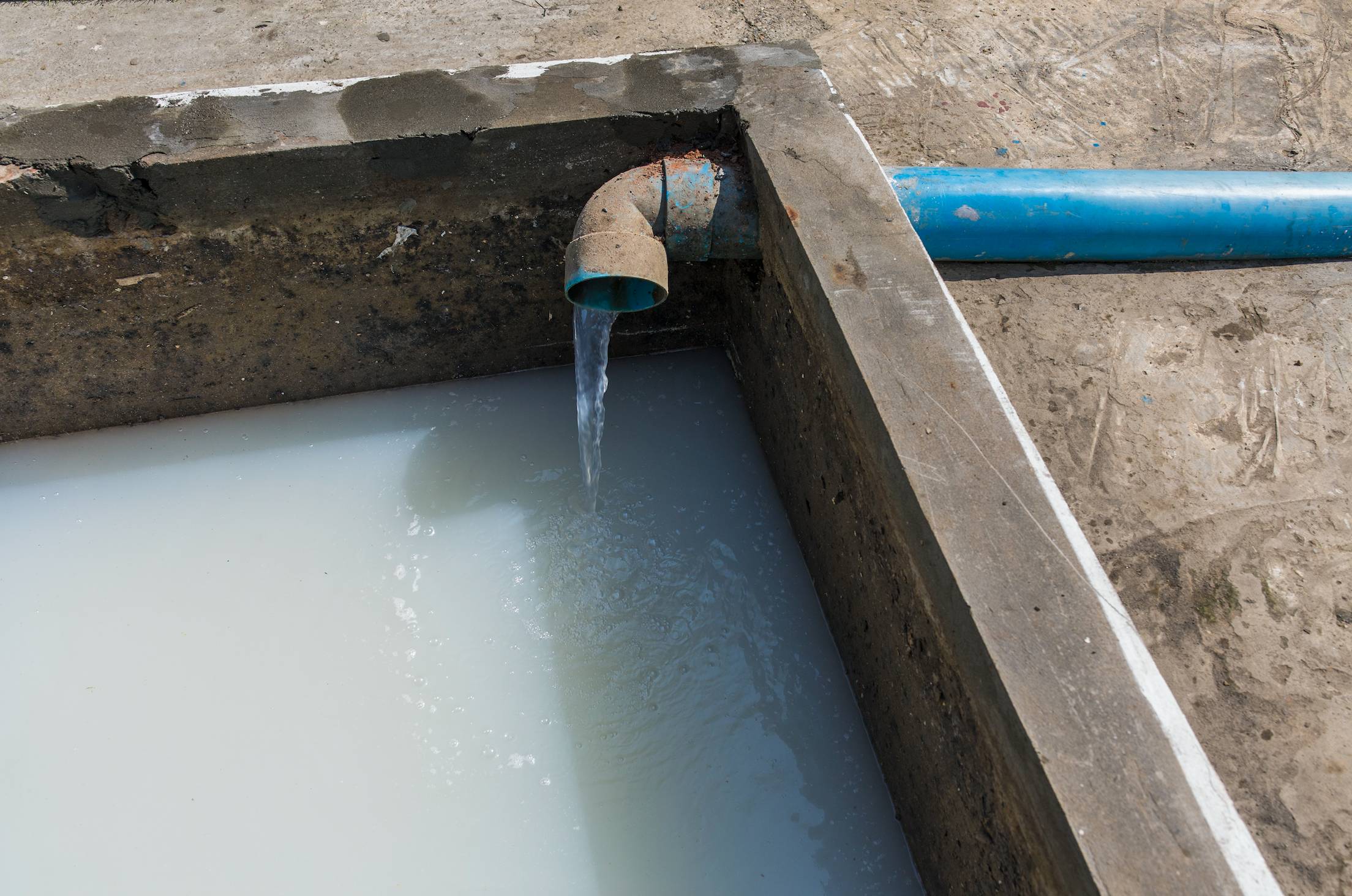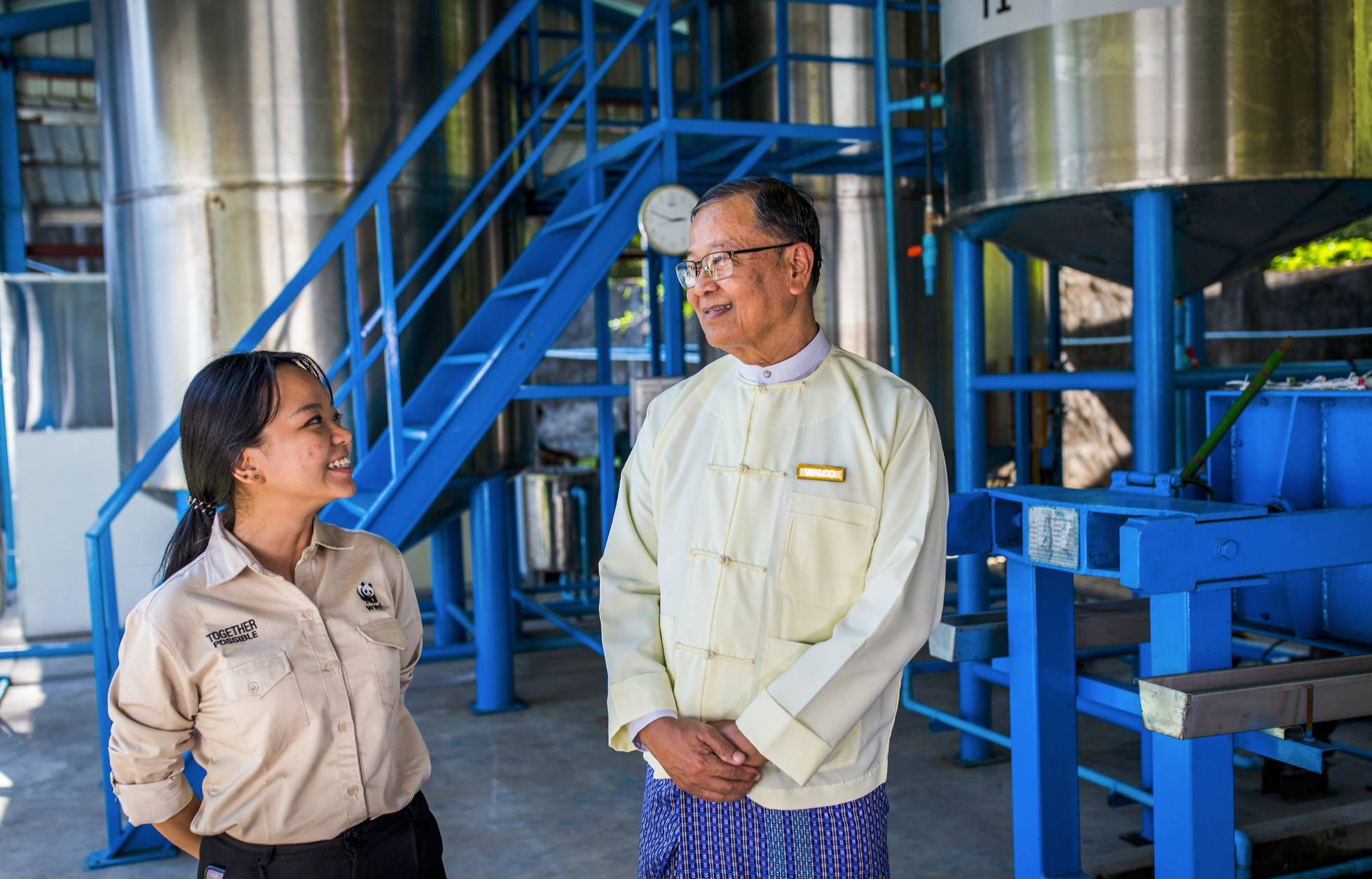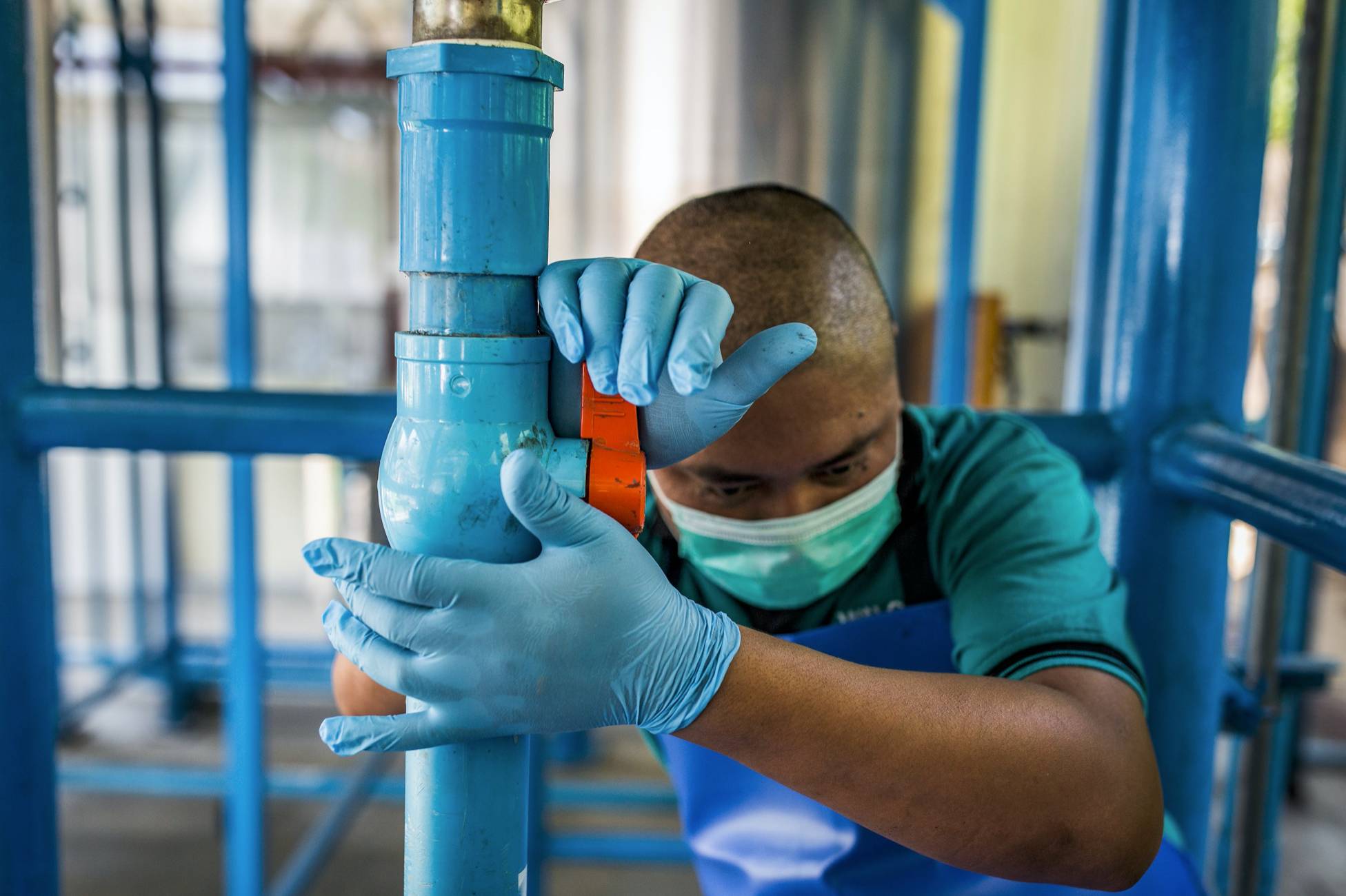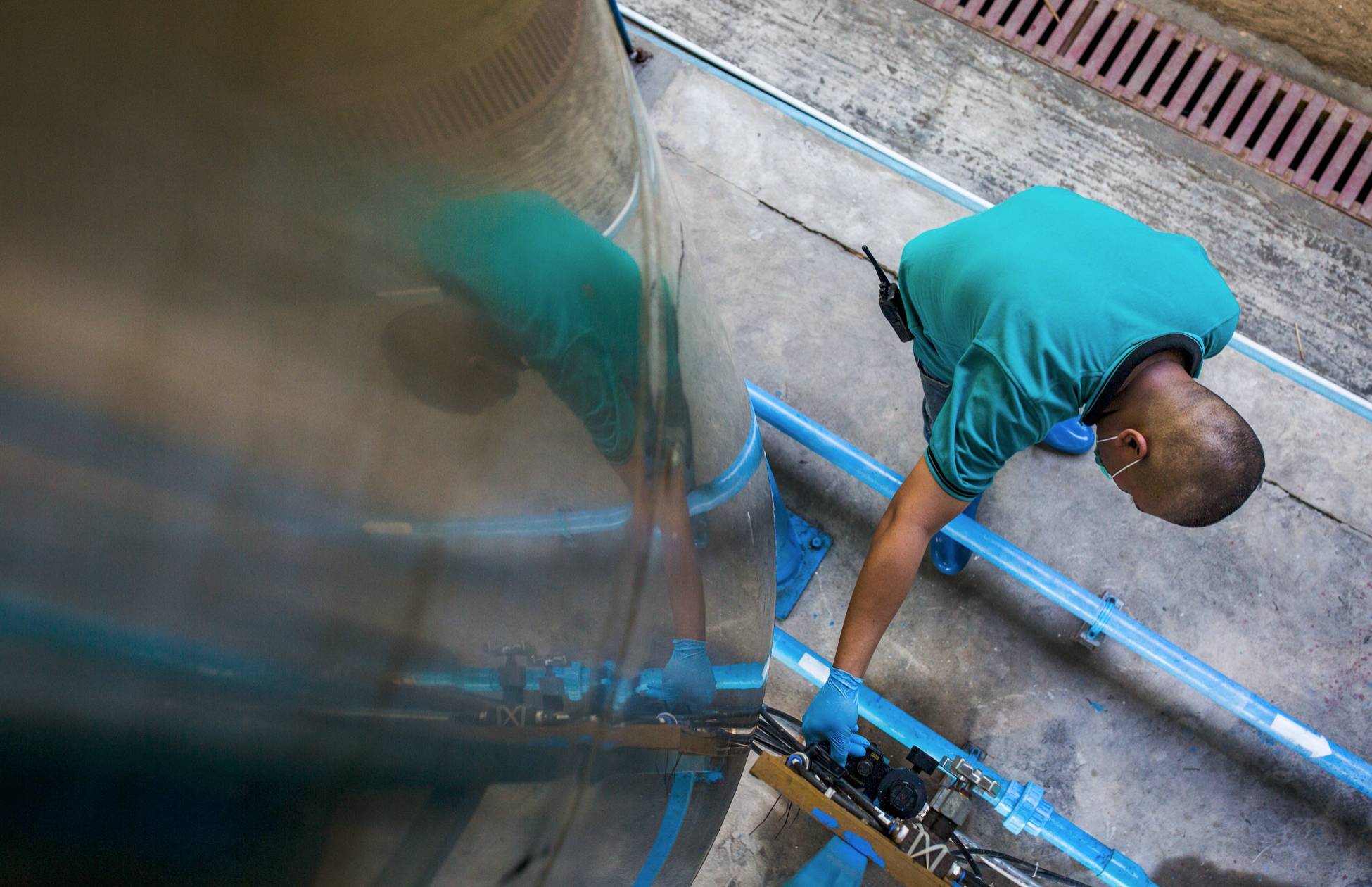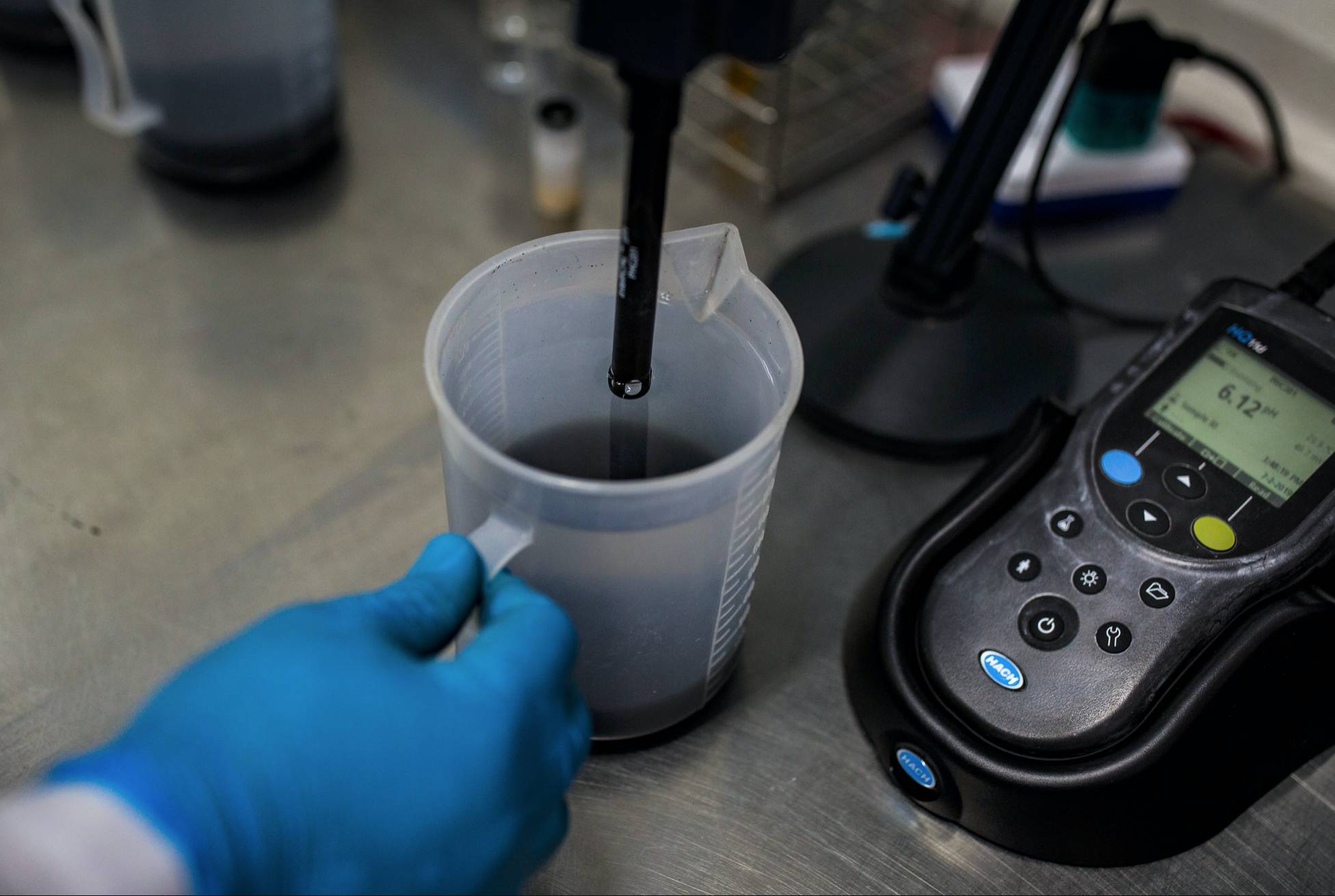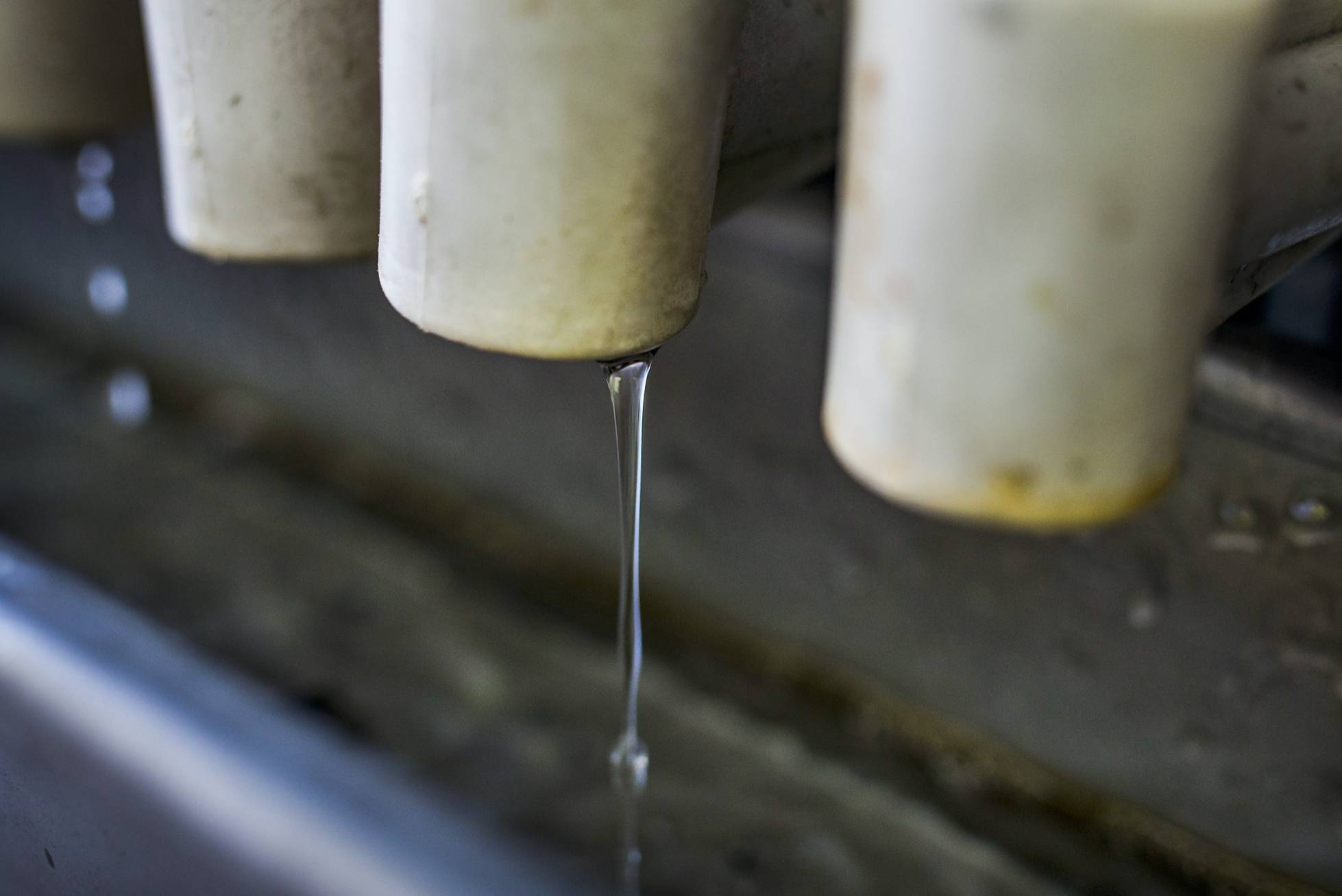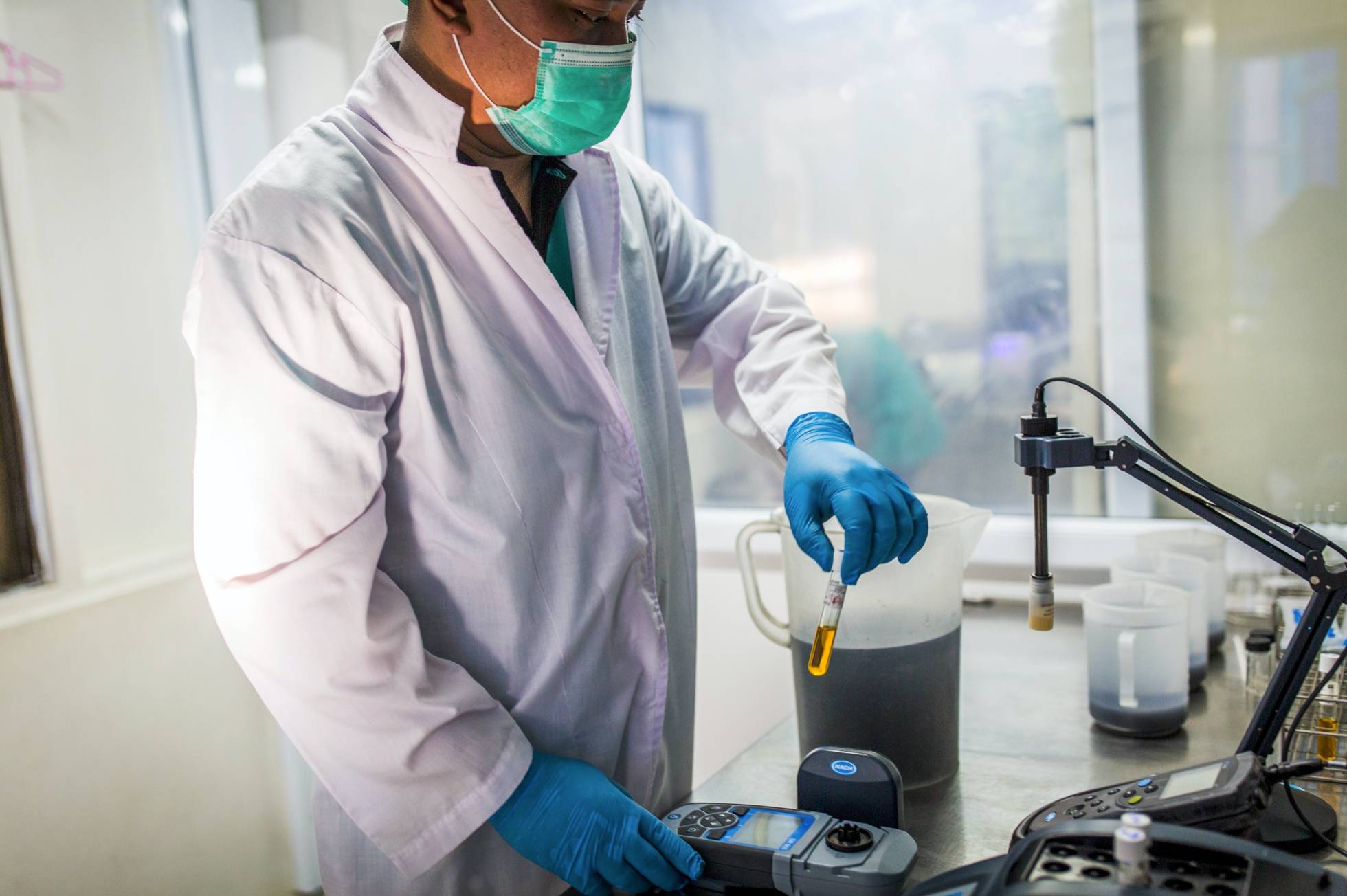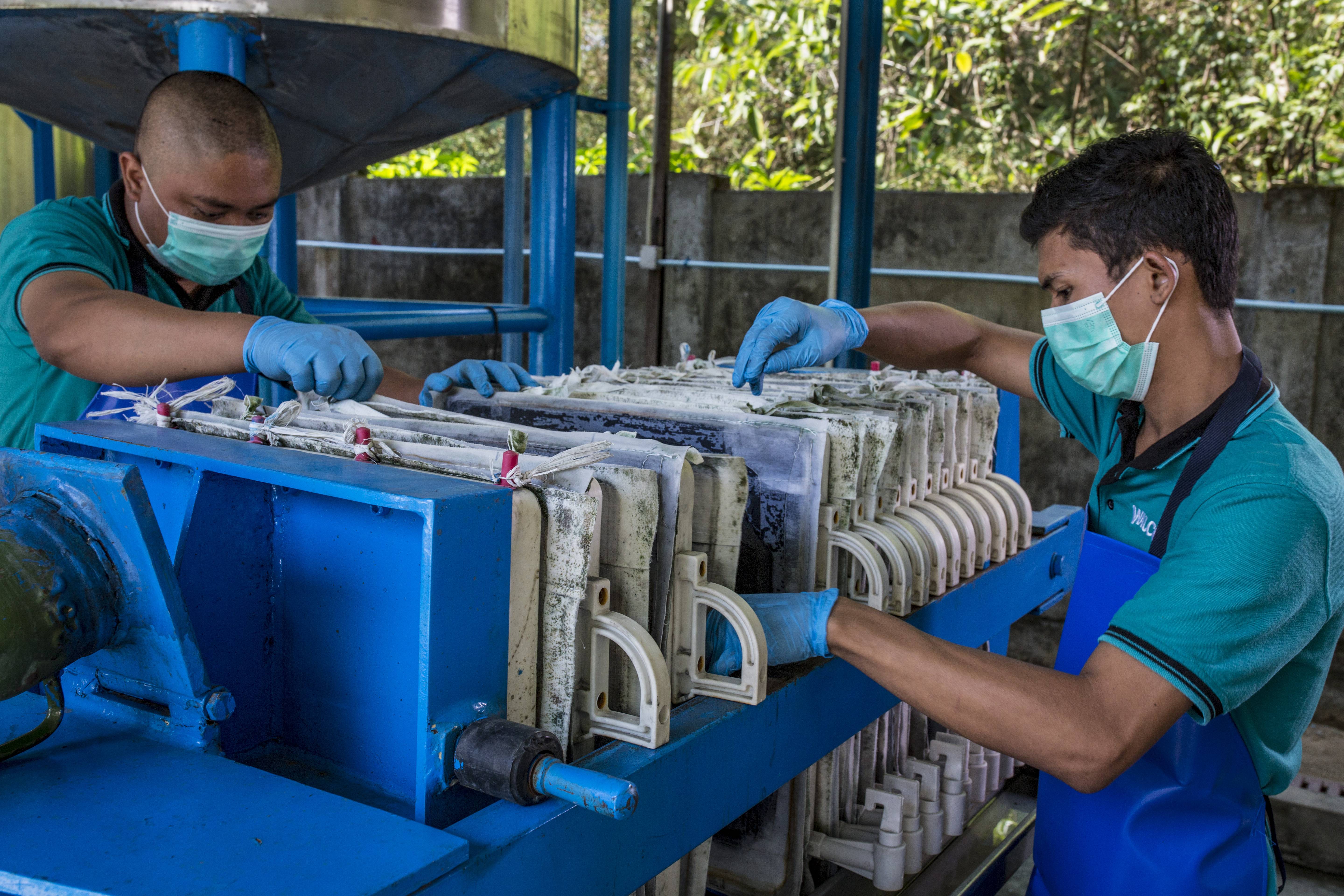
The Challenge
Myanmar industries are at a cross-road. Whilst industrial development is critically important for economic growth, if not managed responsibly it could have significant impacts on Myanmar’s natural environment and undermine the country’s long-term growth. Lessons from across Asia show us that, in the long term, cleaner production benefits both people and the industries themselves. So far, systematic barriers have prevented Myanmar’s industries from adopting cleaner production practices. For example, of the 24,000 registered food and beverage industries (F&B) in the country, less than 5% have functioning wastewater treatment. This is a huge concern as based on a survey, industrial wastewater pollution is considered the biggest risk to the freshwater ecosystem in many of Myanmar’s states and regions. Similarly, data suggests that achieving energy efficiency of 20-30% for industries is possible even with low cost measures. In order to address these systematic barriers, different stakeholders must work together to enable and empower industries to adopt cleaner production practices.
The Objectives
Tha Bar Wa supports food & beverage SMEs to finance and implement Cleaner Production practices, contributing to sustainable industrial development in the Ayeyarwady River Basin. It strives to create an enabling environment by providing technical knowledge and skills, facilitating access to finance and advocating for policies that incentivise sustainable water and energy management practices. The project will organise industries to build their technical understanding and facilitate access to finance and technology to adopt cleaner production practices. The project will also leverage replication tools to ensure tangible, on the ground, positive impact on the natural environment.
The Way Forward
- Two policies and two sector-wide guidelines for cleaner production practices;
- 200 SMEs of the F&B sector and associated business intermediaries gain knowledge and capacity to implement cleaner production technology;
- 30 SMEs implement cleaner production measures and processes and benefit from a 20% improvement in water and energy consumption and discharge performance;
- A pool of 10 local consultants are trained and provide high quality services to SMEs on implementation of cleaner technologies;
- 3 financial institutions enhance their capacity of SME lending for green technology investments;
- 60 bank officers are trained and well-equipped with theoretical and practical skills on SME lending;
- The cleaner production model is replicated in other region and lessons are shared across Southeast Asia.
VIDEO
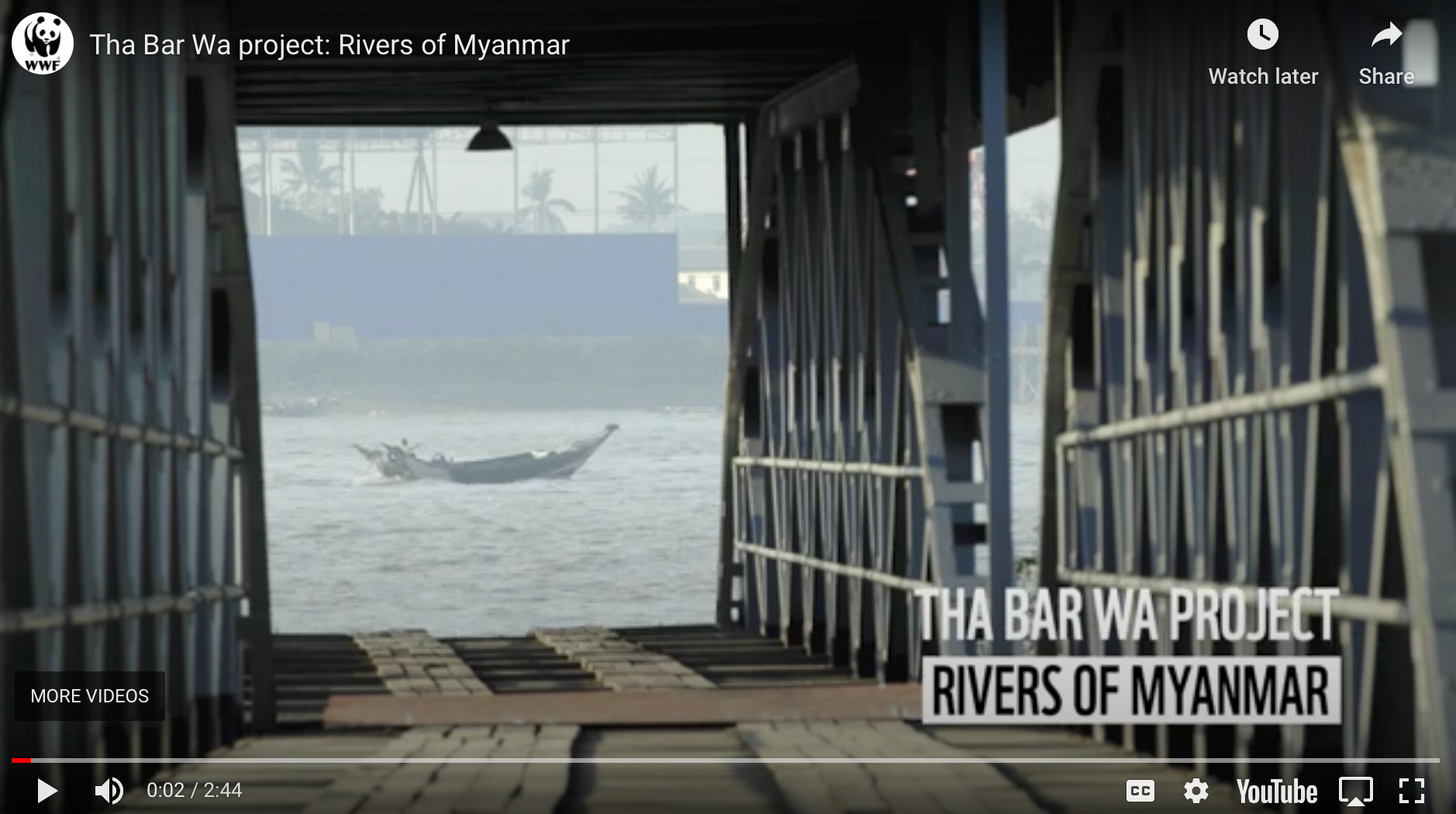
Duration:
2/2018-1/2022Total Budget:
EUR 1 800 314.51 (EU contribution 89.38%)Contact Detail:
Mu Mu Htay, Project Manager
WWF-Myanmar No. 15 (C), Than Taman Street, Dagon Township, Yangon, Myanmar
Lead Partners

WWF International - Switzerland
Partners

Myanmar Food Processors and Exporters Association - Myanmar


